SUSTAINABILITY REPORT 2023
Sonnedix Power Holdings Limited
LETTER FROM THE CEO

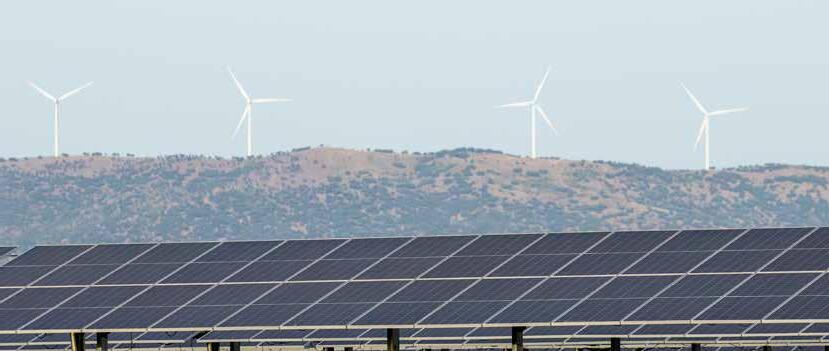
ABOUT SONNEDIX
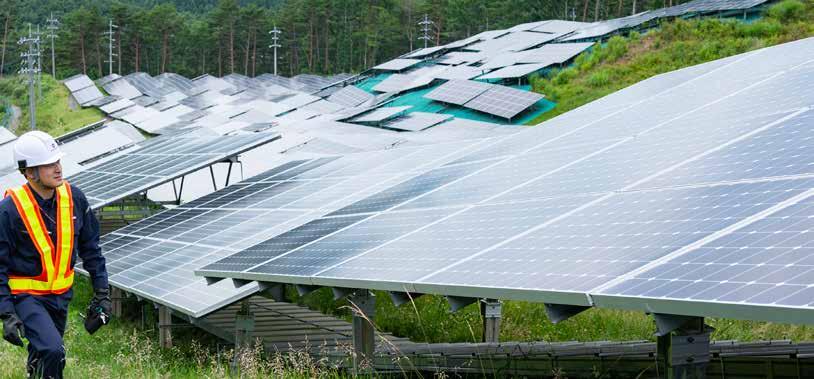
SUSTAINABILITY AT SONNEDIX
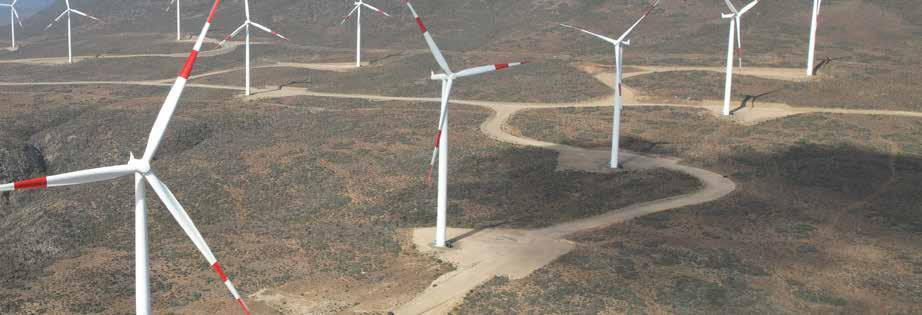
2023 AT A GLANCE
ENVIRONMENT

SOCIAL
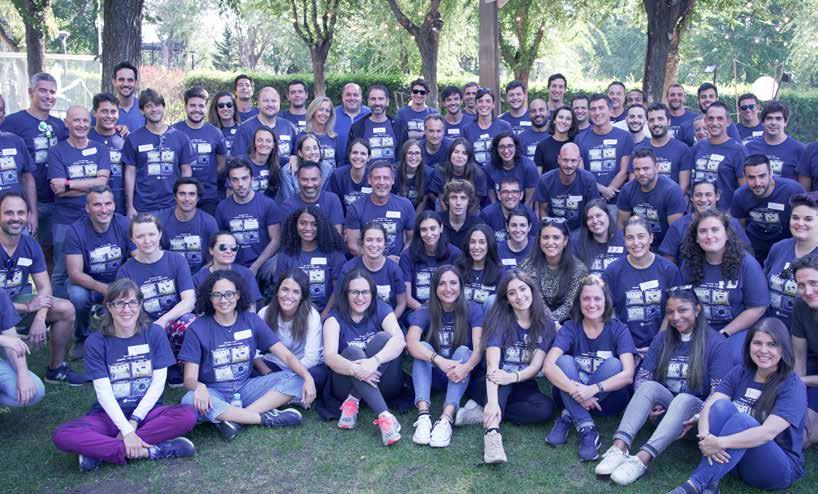
GOVERNANCE
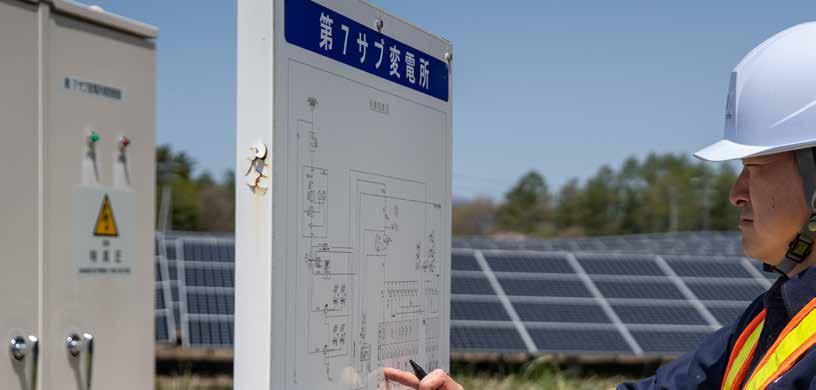
ABOUT THIS REPORT
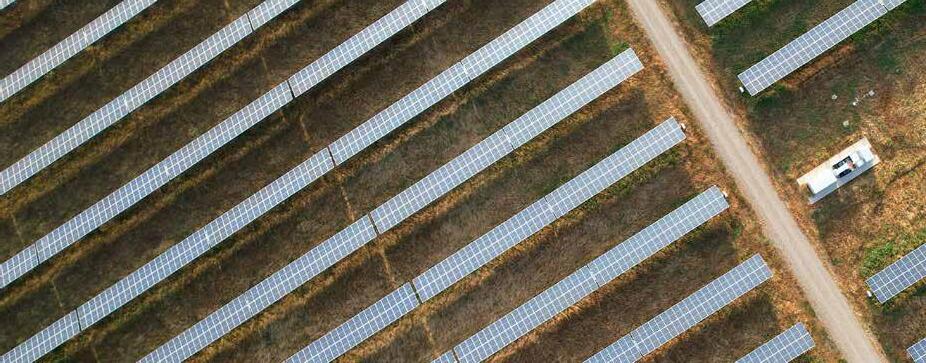

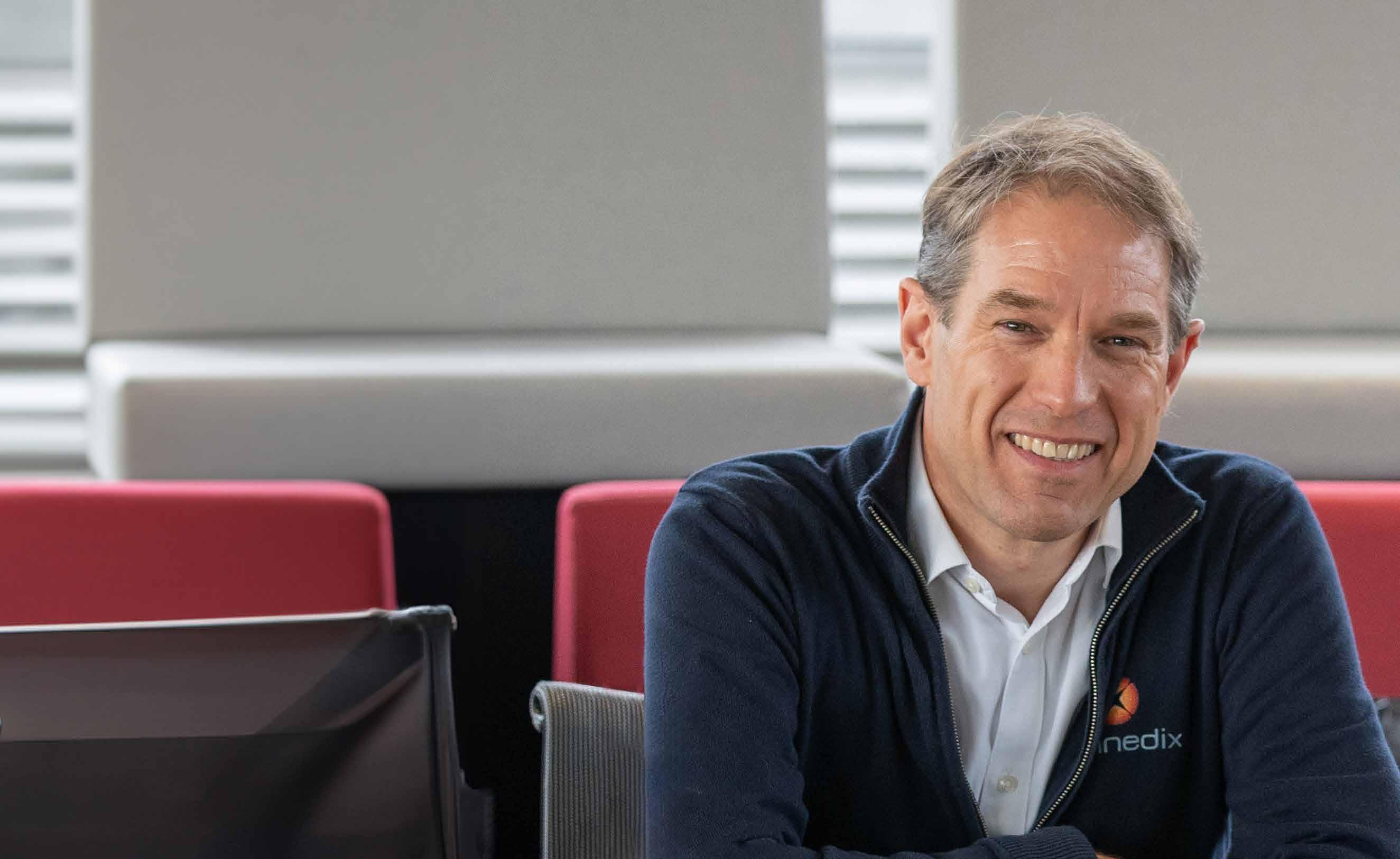


Sonnedix Power Holdings Limited
LETTER FROM THE CEO


ABOUT SONNEDIX

SUSTAINABILITY AT SONNEDIX

2023 AT A GLANCE
ENVIRONMENT

SOCIAL

GOVERNANCE

ABOUT THIS REPORT




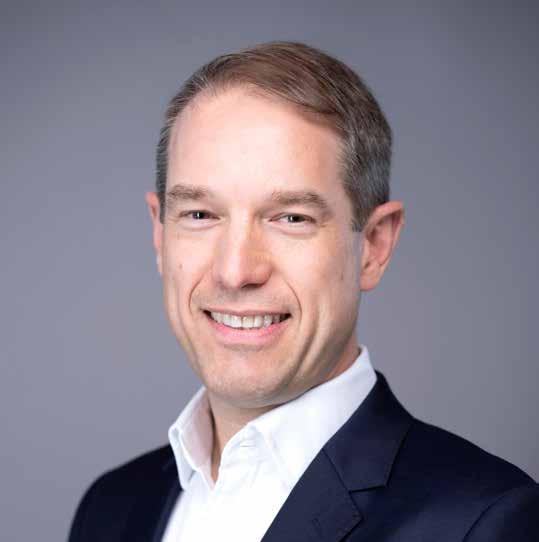
“Our position as a global renewable energy producer puts us at the forefront of the energy transition, but this is not enough for us. We also want to ensure that the transition to renewables will be sustainable, inclusive and just.”
“2023 has been a significant year for our industry and for Sonnedix. It has been a year of change for our business, with the simplification of our structure to support both our growth ambitions and our shift towards hybridisation. We are confident to deliver better and faster results for our customers and people, and in fact, over the course of the year, our growth and especially the acceleration of our conversion activity have already been testament to this ambition.
It has also been a difficult year. Against a backdrop of increasing urgency around decarbonisation coupled with supply chain issues, high inflation continued to drive elevated interest rates and energy prices remained much lower than the heightened levels of 2022. Nevertheless we have seen notable developments for the sector: with energy security being reprioritised, Governments around the world have turned their attention to clean energy as a way to reinforce security of supply, with a record $1.7 trillion invested into clean energy in 2023, 65% more than into fossil fuels. A big highlight for our sector was the commitment by 118 governments to triple investment in renewables by 2030 during the COP28 negotiations. This pledge enables more visibility and stability for the market, which will undoubtedly drive investment appetite and policy incentives to scale up the sector’s capacity. Whilst we observe strong investment trends and policy ambitions around decarbonisation, subsidies and flexible markets, more needs to be done to enable implementation at national level.
We have also observed a strong drive around ESG regulation in 2023, notably the introduction of the European Union’s Corporate Sustainability Reporting Directive, which sees companies identify and manage material sustainability risks. To that end, we have been busy undertaking our double materiality assessment to ensure compliance with this new regulation.
Sustainability is at our core. We are committed to driving the energy transition with a strong focus on sustainable practices, which are crucial for the long-term relationships we have built and continue to nurture with our stakeholders. I am proud of what the business has achieved in both our growth trajectory and our non-financial ambitions and efforts. This year, Sonnedix increased total GW capacity from 8.8GW to 10.5GW, focusing on converting our pipeline and hybridising our portfolio. We produced 4,000 GWh of electricity, a 50% increase from 2022, avoiding over 1,479,609 tCO2e. 2023 was a strong year for delivering on our purpose to power a bright future.
As a key enabler of the energy transition, we are uniquely placed to push the boundaries of what’s possible. Having achieved the targets of the Sustainability Strategy we set in 2020, in 2023 we further evolved our Strategy and set new targets for 2030. We continue to focus on where we can deliver most impact around the global decarbonisation agenda, including our commitments to achieving net zero and understanding our impact on nature; creating and maintaining a diverse, equitable and inclusive workforce that is also healthy and safe; and building a fair and sustainable supply chain.
2023 has also been a year of firsts for Sonnedix: we secured our first sustainability linked loan, whereby the cost of financing is indexed to the achievement of environmental and social objectives, directly feeding into our Sustainability Strategy. In addition, this is the first reporting cycle where we have adopted the recommendations of the Task Force on Climate-related Financial Disclosures (TCFD), whilst also starting to align our disclosure to the European Sustainability Reporting Standards for our most material issues. Feeding into this, we focused heavily on climate risks by completing a scenario analysis to understand our exposure to key acute and chronic climate risks and to quantify our value at risk. Alongside our climate risk work, we have also been working to reduce our carbon emissions in line with our net zero goal, which has mainly focused
on our scope 2 emissions around switching our consumption from nongreen to green tariffs, where available. As a result we have achieved a 12.5% absolute reduction on our scope 1 and 2 2021 baseline.
A key pillar of our strategy is our people, who are our core asset. Our people understand the great value of our mission and the necessity to drive decarbonisation responsibly. We are proud to have had the first cohorts complete our High Potential Leadership development programmes designed to accelerate their progression at Sonnedix.
We have continued to partner closely with the communities in the localities we operate in, enabling us to construct and run projects whilst contributing to local development, resulting in the creation of a shared ambition. Our work in the past year centred around supporting social and economic development, for example by providing solar powered street light to local communities, improving local biodiversity and supporting climate education in schools, among many other initiatives.
I am also very proud that Sonnedix has been named Infrastructure Sector Leader by GRESB, with a five star rating for the sixth consecutive year. For the first time, Sonnedix achieved a perfect score of 100%, testament to our strong commitment to sustainability.
Our business continues to firmly establish itself as a leading developer and operator in renewable assets across Europe and Latin America, and is well-positioned to capture the accelerating growth trends in our sector. The coming year will be a tipping point for decarbonisation technologies to drive the transition to net zero, coupled with strong investor and policy momentum. We look forward to advancing the energy transition whilst growing our business and having a positive impact on our operational sites and stakeholders.
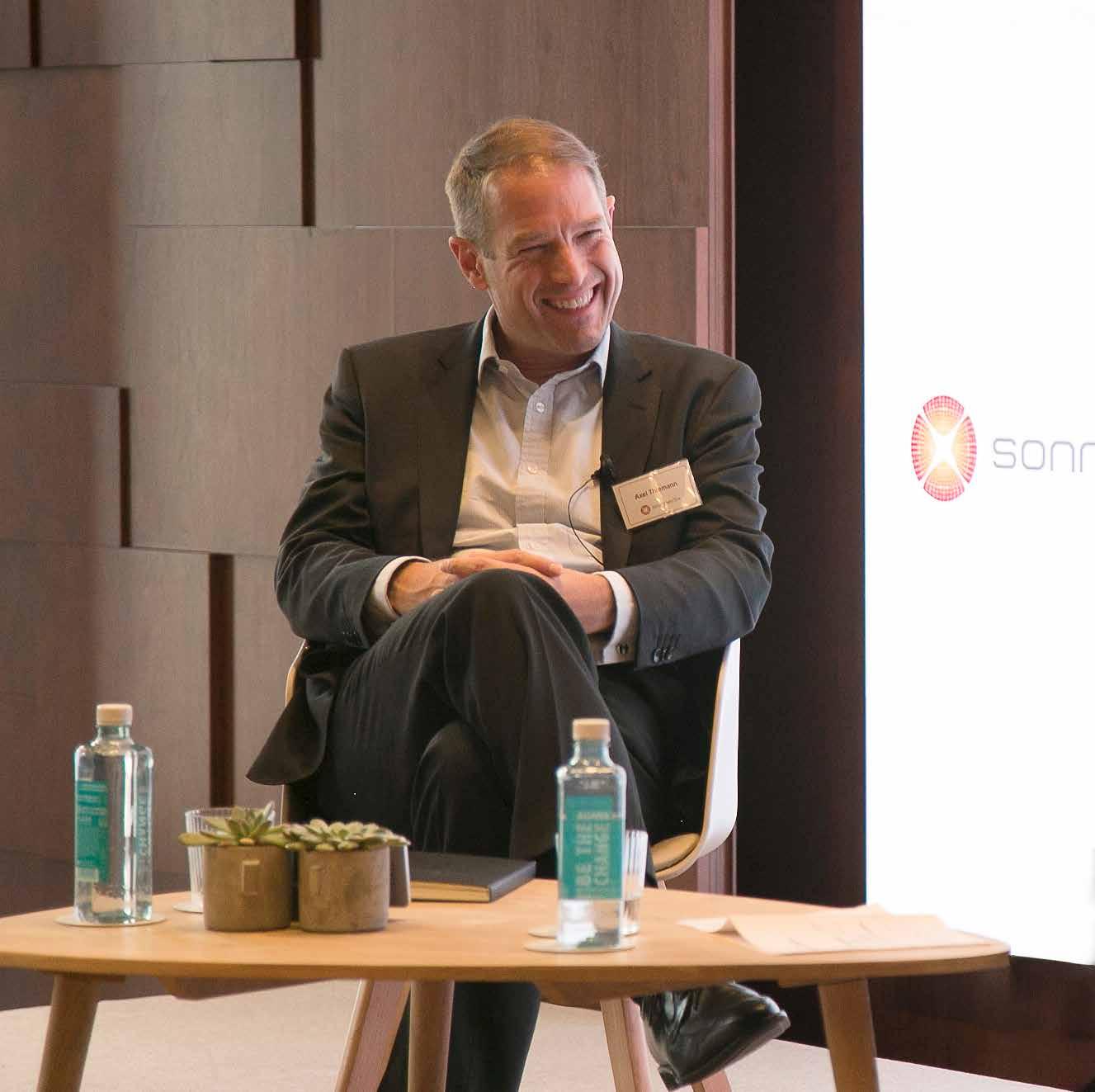
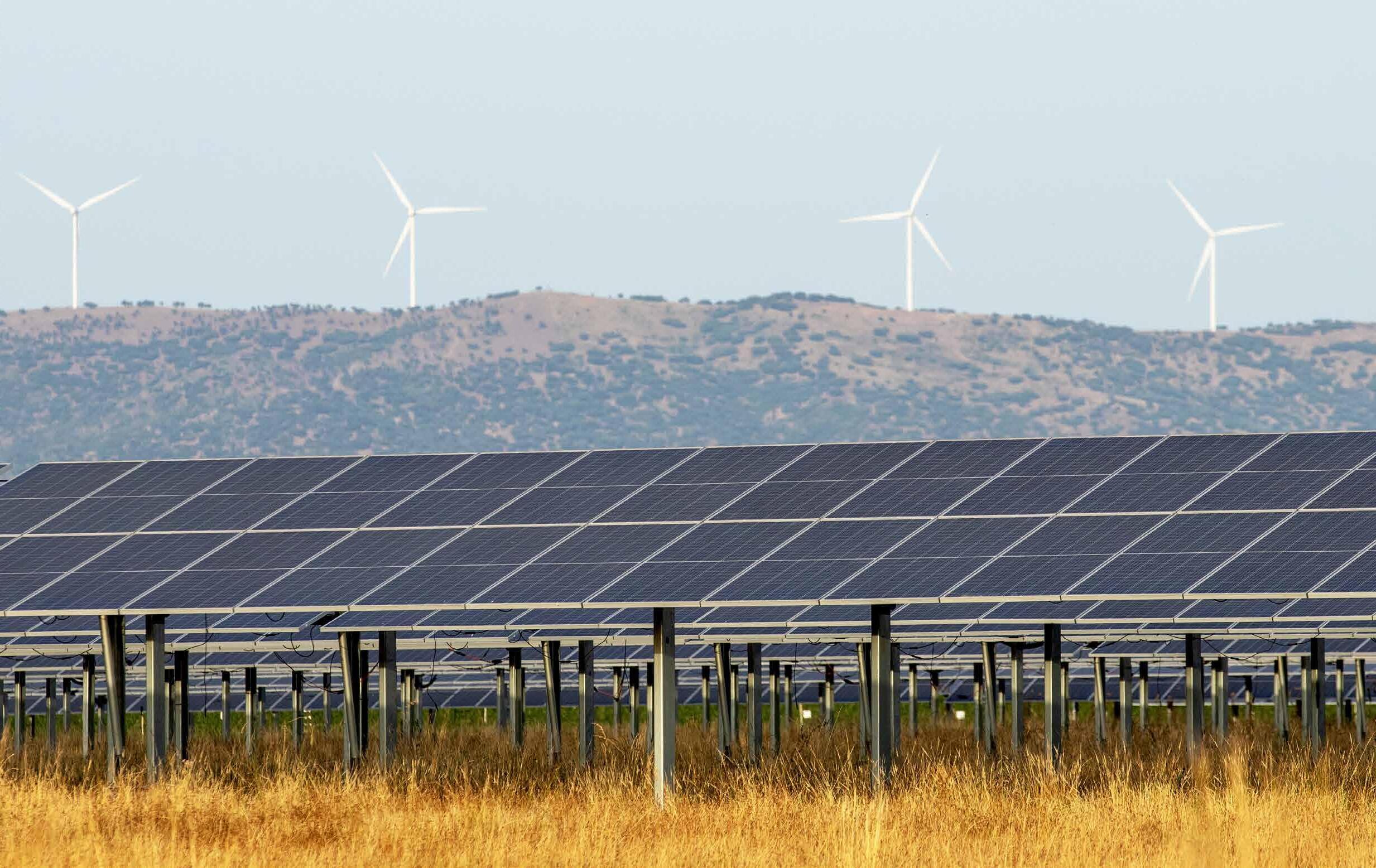

At Sonnedix, we work towards a shared purpose: to power a bright future. We believe in renewable energy’s potential to transform daily life, and work on building long-term partnerships to deliver a continuous, reliable and efficient supply of clean electricity to our communities.
Established in 2009, Sonnedix is an international renewable energy producer with over a decade-long trajectory of sustainable growth.
We develop, build and operate renewable energy projects for the long term, with a focus on providing green, affordable electricity to our customers.
We are proud that the clean energy we generate helps us to power households and businesses around the world, to make a positive difference for the communities we partner with and, ultimately, to play a vital role in the energy revolution.
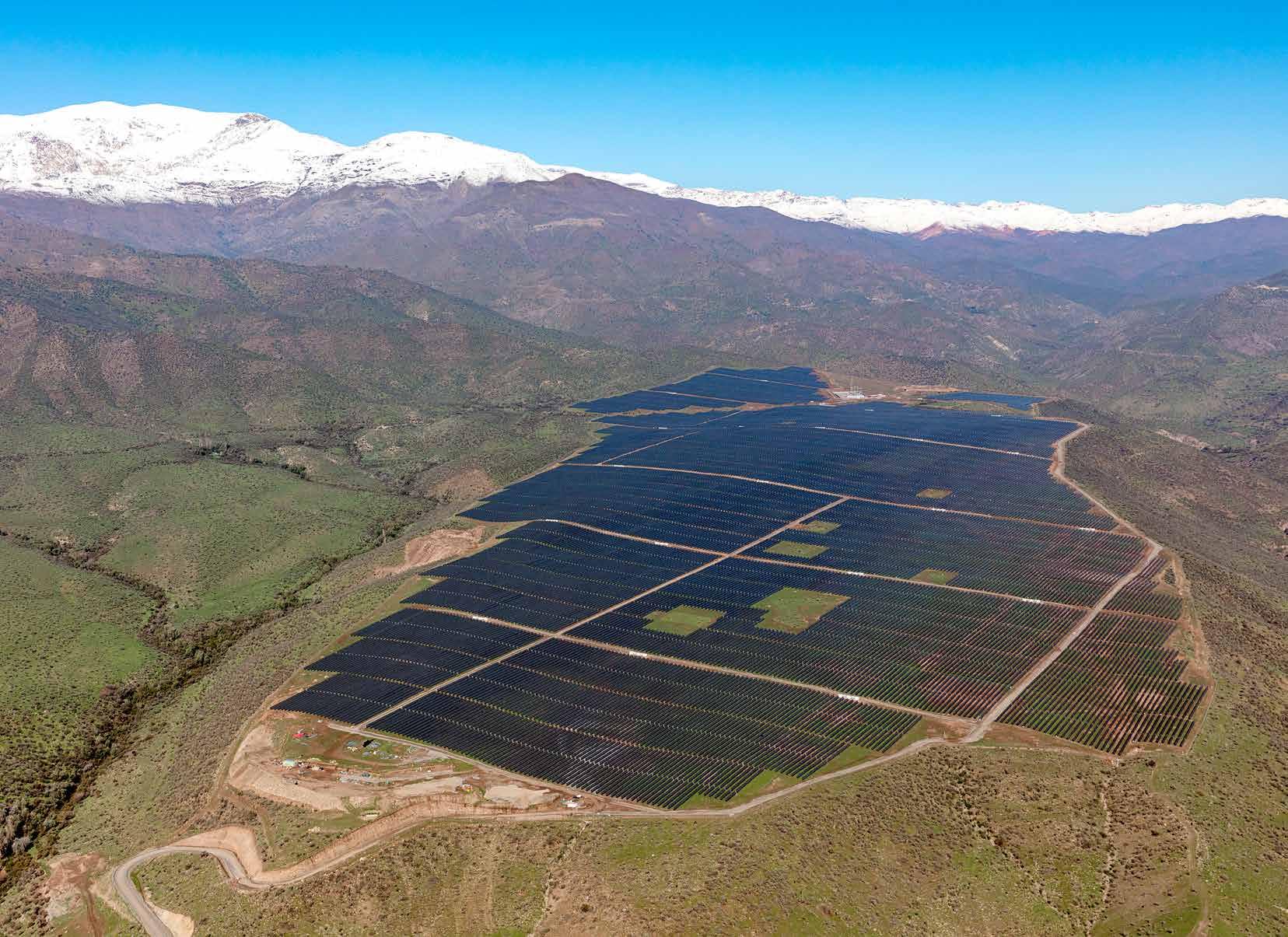
At Sonnedix, we believe in renewable energy’s potential to transform daily life, and work on building long-term partnerships to deliver a continuous, reliable and efficient supply of clean electricity to our communities.
We are constantly evaluating the regulatory landscape in the rapidly expanding global renewable energy market to uncover new opportunities. By applying our global diversification approach to spread portfolio risk across projects, countries and currencies, we are future-proofing our business and capitalising on growth opportunities.
The Group is majority owned by institutional investors, attesting to our company’s stability, value and long-term potential.
We have over 500 renewable energy projects in operation, under construction or in development in 10 countries: Chile, France, Germany, Italy, Japan, Poland, Portugal, Spain, UK and USA.
By the end of 2023, our team consisted of 550 (2022: 538) people, including executive directors, employees, contractors and employees of our trusted Japanese development partner, Sonnedix Japan K.K.

At Sonnedix, we work towards a shared purpose: to power a bright future. Renewable energy’s potential to transform daily life is what drives us to build long-term partnerships to deliver a continuous, reliable and efficient supply of clean electricity to our communities.
Underpinning our purpose are the Sonnedix values which, together with our behaviours, promote an environment that enables Sonnedix to continue to grow and scale in a sustainable way.
Talented people:
Our 550 employees share our culture and purpose.
We leverage their market and industry expertise and innovative ideas to grow.
Business partners:
We work with a number of suppliers and contractors across all of our markets to plan, construct and operate our assets.
Supportive communities:
We rely on their backing to foster a collaborative environment that enables successful implementation and longterm sustainability of our projects.
Regulators and governments:
We work closely with governments and regulators to develop and maintain robust infrastructure that supports sustainable energy solutions.
Financial capital:
We rely on our financial stakeholders to grow our business, investing in long-term outcomes.
Tangible assets:
Sonnedix has over 500 renewable energy projects with our operational assets and those under development and construction, we have an operating capacity that exceeds 3GW across 10 countries.
Planet:
We are aiding the energy transition away from traditional energy sources that are contributing to climate change.
Financial returns:
We aim to provide long-term financial returns for our shareholders partners, investors and stakeholders by focusing on sustainable growth and profitability. Our commitment to efficient operations and strategic investments ensures consistent returns.
Highly skilled people: We provide purposeful careers and support the development of our people so they can thrive inside and outside the workplace.
Customers:
We are providing clean energy to more and more customers every year. We are committed to expanding access to clean energy, reaching an increasing number of customers annually.
Communities:
Our voluntary local development initiatives contribute to long-term benefits for the communities closest to our sites.
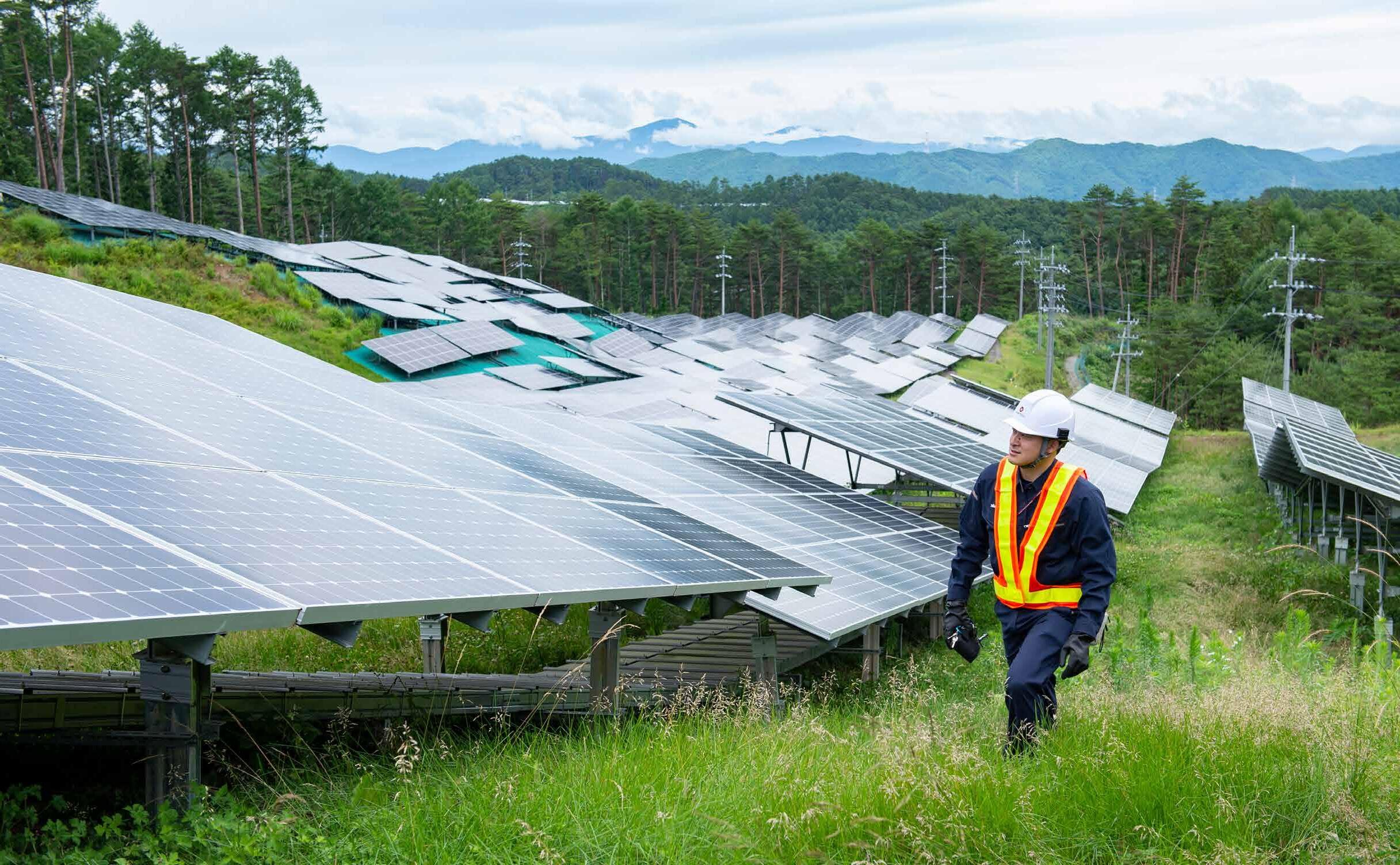

Our Environmental, Social and Governance programme is fundamental to how we work, whether we are striving to protect the environment, empower tomorrow’s problem solvers, support local communities or adhere to the highest standards of accountability, transparency and diversity.
A sixth consecutive year with the maximum 5* rating awarded by Global Real Estate Sustainability Benchmark (GRESB) is a testament to our ESG effort and helps us build on our reputation as a strong business and trusted partner. For the first time, in 2023, we received a score of 100% and Sector Leader designation for Infrastructure Assets
Sustainability lies at the core of our operations, serving as a cornerstone for achieving ambitious growth in a purposeful and impactful manner. It not only aligns with our objectives but also underscores our commitment and contribution to the United Nations Sustainable Development Goals (UN SDGs). Our company values, namely ‘Do the Right Thing’, ‘Sustainable Growth’ and ‘Curious Learners’, serve as guiding principles in shaping our approach and strategy.

Our first Sustainability Strategy was launched in 2020, focusing on a 20212023 period and setting out commitments for each element of Environment, Social and Governance.
In December 2023, our Board approved the refreshed 2030 Sustainability Strategy, which reflects the company’s growth and evolution, and underpins also our ambition to deliver on net zero and enhance our H&S culture, whilst reinforcing our commitment to DEI, supply chain transparency and protecting stakeholder trust.
The formulation of our new strategy was an opportunity to review, realign and evolve in line with our culture and values, company growth and key stakeholders’ needs. Through this process, it became clear that the organisation would benefit from a more focused set of KPIs and targets. It was pleasing to see that a number of commitments such as those related to our use of resources had become business as usual.
For more on how our sustainability ambitions are integrated into our company’s decision-making, see our Task Force on Climate-related Financial Disclosures (TCFD) report from page 23.
Fulfilling our Sustainability Strategy stands as a pivotal strategic endeavour for our organisation, complementing our corporate objectives, supporting our growth and improving resilience. Feeding into our Sustainability Strategy are our ESG Policies and Standards, which serve as the foundation of our compliance framework, outlining the rules and guiding principles for our daily operations. These principles, integrated within our policies and standards, ensure our sustainable, ethical and accountable behaviour as we develop, finance, construct and operate renewable energy projects globally.
In 2024, we will be finalising our double materiality assessment to inform our Corporate Sustainability Reporting Directive (CSRD) reporting, aligning closely with our strategic priorities.

Proceed on pathway to net zero by 2040, and meet interim 2030 targets.
Implement TCFD-aligned disclosures and approach to climate risk.
Health and safety
Reduction in H&S incidents, aiming at zero recordable incidents, and enhancement of H&S culture across the organisation.
Roll out of 2030 supplier engagement plan for strategic suppliers, with a focus on GHG, human rights and traceability.
Scale up cross-functional collaboration and accountability for priority sustainability topics.
Sustainability-linked performance goals for senior executives.
Design, construct and operate our assets in harmony with local natural ecosystems.
Continue to promote resource efficiency with renewed focus on material water use in high stress areas.
Diversity, equity and inclusion
Implement the Sonnedix DEI 2030 roadmap, including continuing to champion women and underrepresented groups and promote social mobility.
Supply chain
Actively participate in and support industry-wide supply chain stewardship initiatives.
Communities
Support socio-economic development through local community projects, educational initiatives, employee volunteering activities and sustainability partnerships.
Support diversification of renewable energy manufacturing base through localised sourcing of key equipment where appropriate.
Board-level training around sustainability.
Alignment of nonfinancial reporting with financial accounting.
Stakeholder trust
Continue to build and protect stakeholder trust through a robust corporate governance framework, enterprise-wide risk management and effective ethics and compliance programmes.
Highest governance body responsible for ESG matters.
Establishes the strategic direction of the Sonnedix Group and guides and monitors overall sustainability performance and management.
Provides regular reports and updates to the CEO, Chairman and Board of Directors. Represents ESG in the Audit and Risk Committee where ESG is a permanent item on the agenda.
Highest individual responsible for ESG matters.
CEO Reports to the Board against key Sustainability Strategy targets and performance. Drives ESG performance across the business.
An overview of the ESG accountability and responsibilities within Sonnedix is displayed in the diagram to the left. Performance evaluation for members of the Senior Leadership and Senior Management teams is linked to achieving sustainability objectives ranging from health, safety and environment to diversity, equity and inclusion.
We hold ourselves accountable for our sustainability goals, commitments and targets through metrics, measurement and annual reporting, including the publication of this annual Sustainability Report. This Sustainability Report is our fourth and, following presentation to the Board of Directors, is signed off by the Chairman and the CEO.
Through our General Counsel and ESG team, our Board is updated quarterly, at the Audit and Risk Committee, on relevant ESG-related initiatives, strategy updates and performance. In addition to this, ad-hoc updates on emerging ESG topics are regularly presented at the Board and/or relevant committee meetings.
To ensure that our Board and Senior Leadership Team remain vigilant around sustainability topics, a number of trainings were organised in 2023. More information can be found within the Governance chapter of this report.
ESG team is further supported through cross-functional collaboration, which is vital for the success of our ESG objectives.
Ensures the implementation of the Sonnedix Sustainability Strategy. Confirms observance of the ESG Policies and Standards. Provides regular updates to the General Counsel and the Audit and Risk Committee.
Subject matter specialists that support the business on ESG issues, priorities and actions, and engage stakeholders to identify best practices, mitigate risk and effect change.
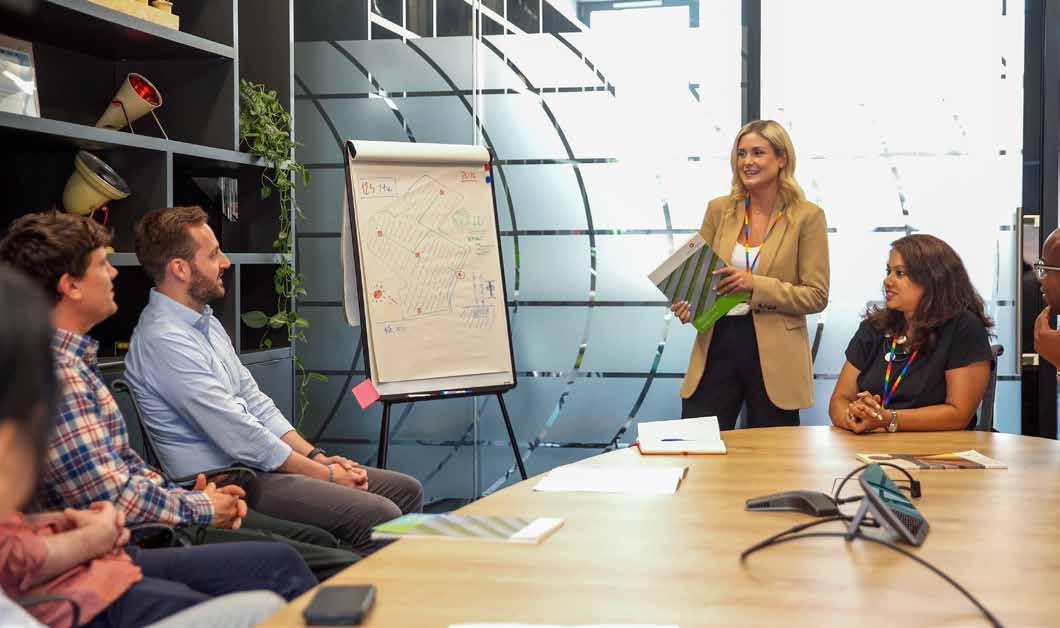
Aligned with the UN SDGs, our strategies and policies drive purposeful growth. Through sustainability and ESG initiatives, we contribute meaningfully to key SDGs.
Through biodiversity mitigation and enhancement on our sites; by partnering with tree planting organisations.
CLIMATE ACTION
Through the production of renewable energy and our net zero ambition.
RESPONSIBLE CONSUMPTION & PRODUCTION
Through our sustainable supply chain management and procurement practices; implementing our supply chain audit programme.
SUSTAINABLE CITIES & COMMUNITIES
Through our programme of social and economic development activities in the local communities; implementing volunteering activities by our offices.
Promoting health and safety of our employees and Global Partners through our Social Policy and Standards; implementing wellbeing initiatives for our employees.
Continuing to build a comprehensive compliance programme built on policies such as Human and Labour Rights, fostering job creation, local skill development and our commitment to reasonable working hours and fair wages.
Education is a core focus of our Sustainability Strategy, with our target of reaching 1 million learners by 2030 exceeded through our Sustainability Academy.
GENDER EQUALITY
Setting out gender-related targets and initiatives; establishing Sonnedix Women’s Alliance as part of our employee resource group coalition, the One Team Network.
AFFORDABLE & GREEN ENERGY
In line with Sonnedix’s purpose as a responsible renewable energy producer; displacing GHG emissions in line with Sonnedix’s business model as a responsible renewable energy producer.
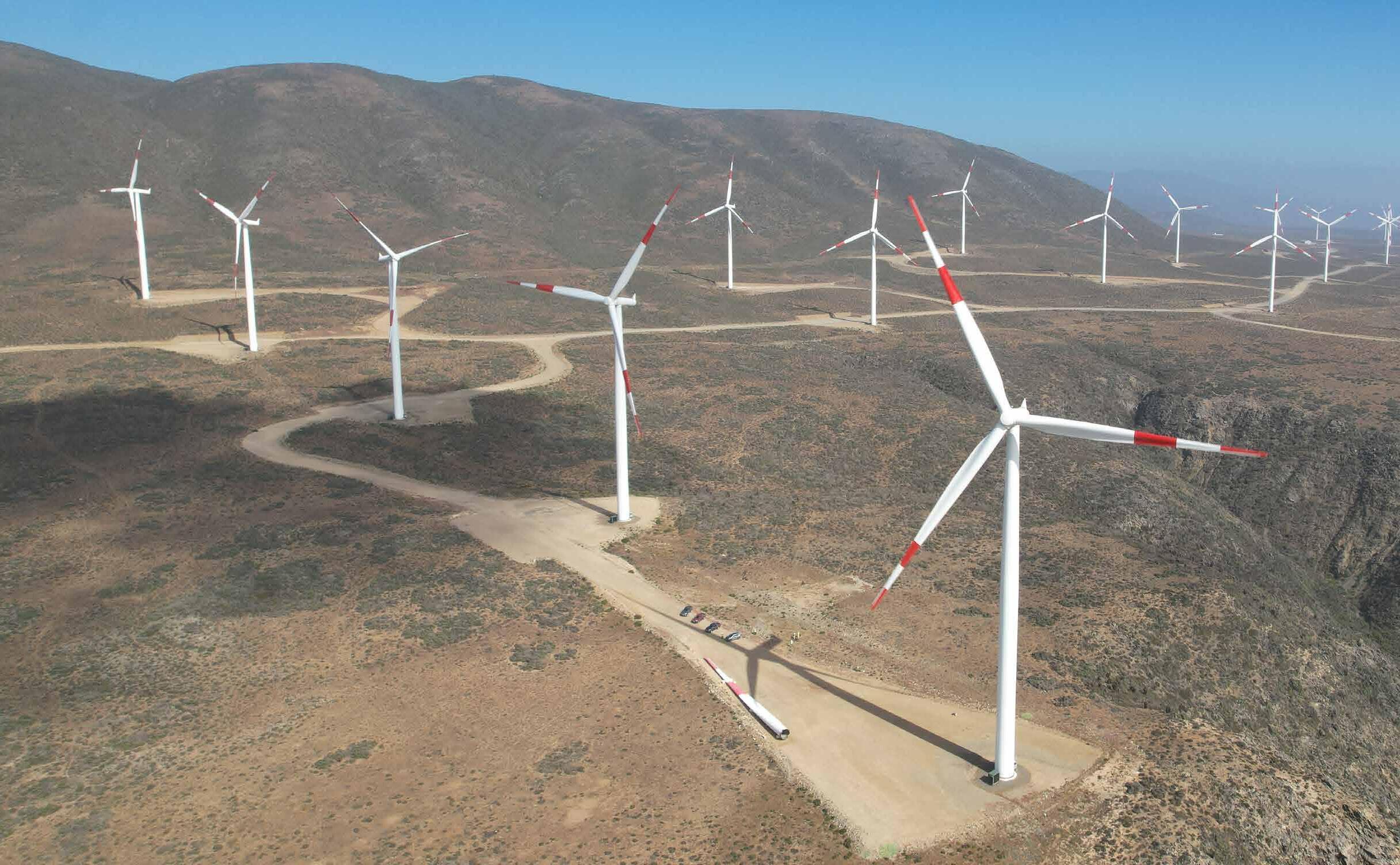

SUSTAINABILITY REPORT 2023
LETTER FROM THE CEO
SONNEDIX SUSTAINABILITY AT SONNEDIX 2023 AT A GLANCE
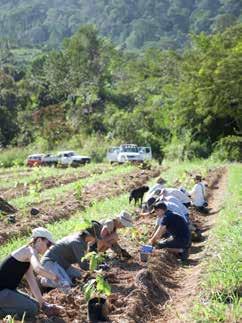
• Provision of financial support to Filha do Sol, for mangrove restoration and to empower local leaders to address climate challenges.

• The US team volunteered to clean up the mangrove shoreline of Biscayne Bay with Volunteer Clean Up.

Closing of Sonnedix’s first sustainability linked loan.
Planting of 5,000 trees in Chile in aid of International Forest Day.

Safety Week held in honour of World Day for Safety and Health at Work, providing various activities including first aid training, electricity safety workshops and more.
• Support provided for PhD Scholar Peter Akinshin, at the University of Oxford.
• The second Accelerator and Future Shaper cohorts began their development programmes.

• Offices across Sonnedix held summer events, as an opportunity to reconnect and build bonds, all whilst having some fun!
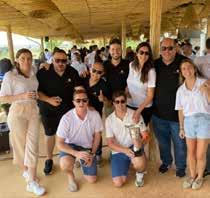
• Students visit our Sonnedix Ginasservis site in the South of France to learn about the importance of renewable energy and the energy transition.

• Launch of the 2022 Sustainability Report.
• Members of our Spain team participated in the Carrera de la Mujer, to honour breast cancer victims and survivors.

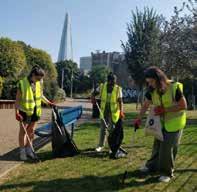
• The UK office became #litterheroes as part of the Keep Britain Tidy campaign.
• Co-investment in ClimateForce’s Tropical ReGen Project in the Daintree Rainforest.

• GRESB 5* status and Sector Leader designation achieved.
• Second ‘Global DEI Summit’ held.
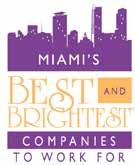
• Sonnedix Miami office recognised as one of Miami’s Best and Brightest Companies for the second year running.
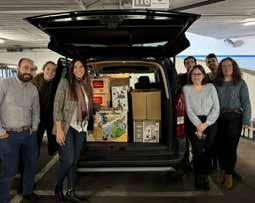
• Formalising our membership to the Solar Stewardship Initiative, of which Sonnedix was a co-sponsor.
• Support provided to local communities, in the form of food and toy donations.
SUSTAINABILITY REPORT 2023
LETTER FROM THE CEO
SONNEDIX SUSTAINABILITY AT SONNEDIX 2023 AT A GLANCE ENVIRONMENT
5 STARS
Rating by GRESB for six consecutive years 87% Of waste diverted from landfill
1,479,609 tCO2 avoided
33% Of new hires were women 20% Reduction in scope 3 emissions intensity from baseline 12.5%
Reduction in scope 1&2 emissions from baseline
>470,000€ Invested in local communities and charities
>12,000 Trees planted
>24.9%
Decrease in LTIF from baseline
>315,000
Learners reached through our educational programme
>13,000 hrs Of learning & development
21 Community initiatives
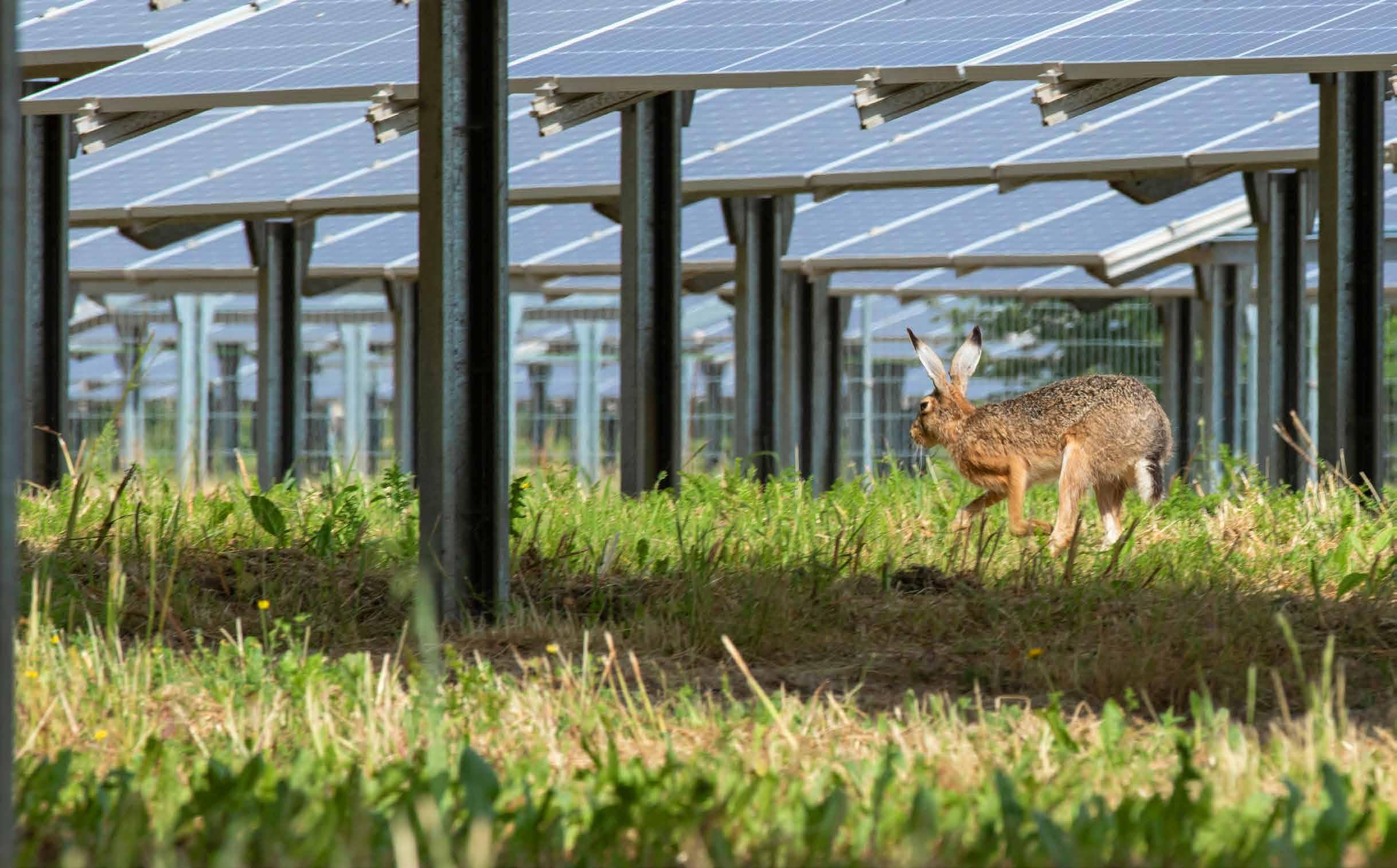

Our commitment: Protecting our planet, through focusing on our contribution to the goals of the Paris Agreement, supporting and enhancing biodiversity and reducing our reliance on resources.
In order to respond to the global threat of climate change, Sonnedix is devoted to supporting the global energy transition through the production of renewable energy.
In the development, construction and operation of our renewable energy plants across the world, we continue to commit to preserving the local environment, fostering biodiversity and protecting natural resources, to leave a positive impact on the planet.
Our 2020 Sustainability Strategy saw us set ambitious environmental targets, which have guided our efforts over the past three years, alongside the implementation of the Sonnedix Environmental Policy and Standards. As part of our 2030 Sustainability Strategy refresh, we have introduced new commitments across climate change, biodiversity and resource efficiency.
Proceed on pathway to net zero by 2040.
Implement TCFDaligned disclosures and approach to climate risk. Climate change
Continue to promote resource efficiency with renewed focus on material water use in high stress areas. Resource efficiency
Design, construct and operate our assets in harmony with local natural ecosystems. Biodiversity

Our commitment: To proceed on a pathway to net zero by 2040 and implement Task Force on Climate-related Financial Disclosures (TCFD)aligned disclosures and approach to climate risk.
Sonnedix, by producing clean energy, is already positively contributing to the global energy transition as the world strives to meet the targets of the Paris Agreement.
The following information has been prepared using the recommendations from the Task Force on Climate-related Financial Disclosures (TCFD), given the growing demand for standardised climaterelated disclosure. As such, this chapter is Sonnedix’s first reporting in alignment with TCFD.
The focus is on the four key areas recommended by TCFD: 1) Climate governance, 2) Climate strategy, 3) Climate-related risks and opportunities and 4) Climate-related metrics and targets.
We also give an overview on our approach to climate change more broadly in our refreshed Sustainability Strategy, with cross-cutting information also covered in this section
Managing climate change risk and opportunity is an integrated part of Sonnedix’s overall strategy. Our Board of Directors is our highest governing body responsible for ESG matters, including climate change. Its remit includes our strategic direction and the management and monitoring of our sustainability performance, including progress against our climate change commitments. The Board delegates certain responsibilities to both the Chairman and the CEO – our two highest ranking individuals within the company.
Our Chairman is the highest individual responsible for ESG matters. Our CEO reports our sustainability progress to the Board on a quarterly basis and drives performance through the business. Our CEO is kept abreast of climate-related developments throughout the year via our General Counsel, who is also responsible for delivering updates to the Audit and Risk Committee, where ESG is a permanent item on the agenda, including discussions on climate risk and opportunities, as relevant.
At the C-suite level, the CEO and the Senior Leadership Team commit to achieving the targets of the Sustainability Strategy as one of the company-wide strategic objectives. The day-to-day execution of our climate-related commitments is led by our ESG team, headed up by our Head of ESG. Together, they ensure effective implementation of the Sustainability Strategy, along with compliance with our Environmental Policy and accompanying standards.
Whilst we continue to implement every possible effort to lower business emissions and reduce our impact on climate change, we recognise the increasing need to focus on adapting to the changes that are already here, while simultaneously preparing for the significant emergent environmental, regulatory and economic changes ahead.
As such, climate change risk, adaptation and resilience have become important aspects of Sonnedix’s strategy. Throughout 2023, we have continued to look into the impact that climate change can have on the resilience of our business, through the lenses both of transition and physical risks and opportunities.
In assessing the transition risk of climate change, enhancing reporting and regulation, uncertainty in market signals, and increasing cost and scarcity of raw materials were looked into. Whilst increasing climate-related regulations can be an opportunity for renewable energy providers such as Sonnedix, they provide some risk from the fast-changing regulation and increasing need for compliance and reporting functions. As climate ambitions increase and new renewable energy providers enter the market, there will inevitably be increased competition for equipment components, which may induce scarcity or increase costs. Whilst some level of risk is apparent, the transition to a lower-carbon economy largely presents an opportunity for us to further expand our business and deploy renewable energy to meet regional and country-level net zero targets.
To understand the materiality of physical climate-related risk and its impact on our overall direction, we completed our first scenario analysis in 2023, focusing on our exposure to key acute and chronic physical climate risk types. As part of the assessment, we looked at the value at risk, utilising probabilistic risk models to quantify the possible financial impact to property and operational disruption, assuming no mitigation actions from the business. We utilised the scenarios based on the Representative Concentration Pathways (RCP) designed by the Intergovernmental Panel on Climate Change (IPCC) in their Fifth Assessment Report (AR5), which were mapped to the latest IPCC AR6 report’s Shared Social Economic Pathway (SSPs) scenarios.
We looked at three plausible ‘IPCC RCP aligned’ climate scenarios as displayed in the graphic to the right: a below 2°C scenario (1.5°C scenario), a 2-3°C scenario and a 4°C scenario (RCP2.6 (SSP1), RCP4.5 (SSP2) and RCP8.5 (SSP5)).
Our modelling took into account five different likelihood scales: Almost certain, Likely, Possible, Unlikely and Rare, and the impact scales used were Severe, Major, Moderate, Minor and Insignificant. All likelihood and impact scales were given a numerical value for determining overall materiality to the business.
ACUTE CLIMATE RISKS ASSESSED
Low transition risk in the short and long term as the world fails to transition to a low carbon economy
Moderate transition risk in the short and long term as the world fails to transition to a low carbon economy
Physical risks become increasingly frequent and severe in the long term
Physical risks become increasingly frequent and severe in the long term but less so than in the High Greenhouse Gas Emission scenario
High transition risk in the short term associated with aggressive mitigation actions to reduce emissions As a result of the transition, physical risks are less severe and somewhat similar to the current climate
The analysis covered operational and construction asset types larger than 1MW in size. Whilst the findings did not identify any financially material risks to our business continuity, the assessment has identified areas of exposure to some chronic impacts of climate change, that could impact us operationally in the short term (current to 2030) and long term (2040 to 2050). Below are the two most significant risks for Sonnedix.
Increased levels of drought and dry days can expose Sonnedix’s panels to increased amounts of dust and soiling, reducing the power output.
Increased temperatures can increase the risk of equipment malfunction and increase cooling needed for buildings and machinery. In addition, heat stress can impact labour productivity and adequate working conditions.
2040 – 2050 4°C
Currently, 210 Sonnedix assets are estimated to be exposed to around three months of drought per year.
By mid-century, 243 Sonnedix assets are estimated to be exposed to around three months of drought per year.
• Regular cleaning to avoid efficiency degradation. Deploy dry cleaning wherever possible and consider new technologies which minimise the need for cleaning and/or allow water reuse or treatment on site.
• Maintain a good practice fire loss control maintenance and mitigation regime and engage with water supply and disaster management agencies on water resources and drought planning.
121 of Sonnedix’s assets currently exposed to at least 80 heatwave days per year. Currently, only two assets are expected to be exposed to the highest heat stress exposure of 180+ heatwave days per year.
167 of Sonnedix’s assets likely to see 80+ heatwave days in a year, with 13 sites exposed to 180+ heatwave days. Heat stress is anticipated to increase across all regions, however Chile, France and Italy see the biggest overall increase in exposure.
• Incorporate cooling considerations in project design from siting of solar equipment to use of materials and techniques that reduce heat absorption.
• Heat protection measures for workforce and automation of processes highly exposed to heat.
• Maintain a good practice fire loss control maintenance and mitigation regime and perform regular inspections and maintenance for heat-related sources of failure.
Climate risk is part of our corporate risk management process and is included in our corporate risk dashboard that is discussed quarterly by senior management. By proactively managing climate risk, we can reduce operational cost from loss of productivity or damage to our assets and as such drive value for the business.
Our projects across the world help in reducing GHG emissions that would have otherwise occurred due to fossil fuel-based power generation, resulting in significant amounts of CO₂ being avoided. In 2023, this equalled over 1.4 million tonnes of CO₂e, based on the production of over 4 million MWh of renewable energy.
A key component of our refreshed strategy is our commitment to proceed on our pathway to net zero by 2040. We were one of the first 100 signatories to The Climate Pledge, which sets out our commitment to net zero 10 years ahead of the Paris Agreement targets.
Our commitment includes our interim target of 60% absolute reduction for scope 1 and 2 emissions by 2030. We are also looking to set an interim scope 3 reduction target as part of the net zero transition plan that is being developed during 2024. Further supporting our overarching targets are our commitments on biodiversity and resource efficiency, which include efficient use of water.
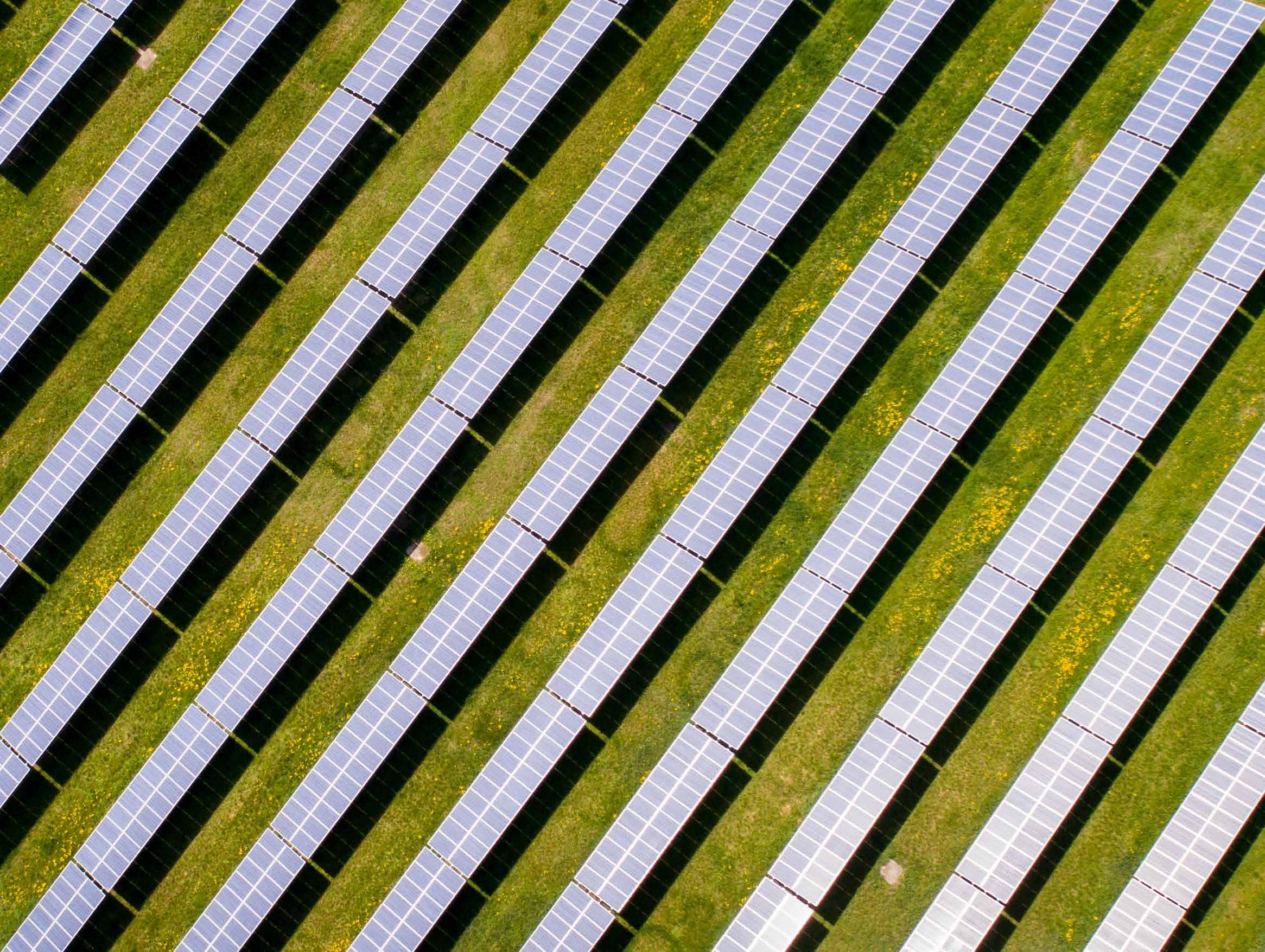
EMISSIONS AVOIDED DUE TO PRODUCTION OF RENEWABLE ENERGY (tCO2e)* TOTAL PRODUCTION OF RENEWABLE ENERGY (MWh) 2,385,437 2,602,450 4,007,621 945,815 952,580 1,479,609

The GHG emissions data is compiled with reference to the GHG Protocol Corporate Accounting and Reporting Standard (GHG Protocol). The operational control approach as defined in the GHG Protocol is used for setting organisational boundary and consolidating GHG emissions. The CO2 emissions calculation includes all six Kyoto gasses (CO2, CH4, N2O, HFCs, PFCs, and SF6). The diagram outlines the key sources of emissions within our footprint.
As part of our continuous improvement approach, we have focused a great deal of effort on data robustness and accuracy in 2023. Our improved data collection processes and governance have helped us to identify gaps in previous years data, resulting in adjustments to scope 1 and 2 emissions. We have also significantly expanded our scope 3 reporting to include more categories and subcategories. As such, we have restated the data sets for 2021 and 2022. Refer to the About this Report chapter for further information.

SCOPE
Total scope 1 and 2 GHG emissions have dropped, in both absolute and intensity terms, since the base year due to a considerable decrease in market-based scope 2 emissions (see performance on page 28). This is despite year-on-year increases in scope 1 emissions which currently represent only 11% of our total scope 1 and 2 GHG emissions.
The decrease in scope 2 market-based emissions is a result of increasing the procurement of verifiable renewable electricity from 26% in 2021 to 56% in 2023.
ELECTRICITY (MWh)
Our scope 3 emissions are broken down in accordance with the 15 categories of the GHG Protocol. Procurement of PV panels accounted for over 90% of our scope 3 emissions in 2023.
Scope 3 emissions increased more than two-fold in absolute terms in 2023 against the base year, due to much larger quantities of procured PV panels. Despite this, the intensity (in terms of tCO2e per MW reaching Notice To Proceed (NTP)) has decreased by 20%, as a result of procuring lower emissions panels.
PURCHASED GOODS AND SERVICES
CAPITAL GOODS
FUEL AND ENERGY RELATED ACTIVITIES
TRANSPORTATION AND DISTRIBUTION
WASTE GENERATED IN OPERATIONS
AND DISTRIBUTION (OF SOLD PRODUCTS) PROCESSING OF
SCOPE 3 EMISSIONS (ABSOLUTE)
182,416 531.2 24,459 415,713 2,143 16,607 355 1,747 158 461,183 422.3
110,917
23,637 1,832 4,244 225 1,300 115 142,269 546.2 16,994 159,503 1,933 3,169 376 325 116
Water scarcity persists in many regions globally, a situation exacerbated by climate change and ongoing inefficient water utilisation. At Sonnedix, water is primarily employed for dust control and civil operations during construction, as well as for cleaning panels on operational projects. We are committed to consistently minimising water use at our project sites and to adopting strategies that mitigate any negative effects of water usage related to our projects on both local communities and the environment, especially in zones experiencing significant water stress.
TOTAL WATER CONSUMPTION (m3)
OPERATIONAL CONSUMPTION (m3)
CONSTRUCTION CONSUMPTION (m3)
WATER INTENSITY OPERATIONS (m3/MWh)
WATER INTENSITY CONSTRUCTION (m3/MW UNDER CONST.)
We have achieved a year-on-year reduction in water intensity on operational projects, thanks to enhanced water efficiency measures, contractual obligations and optimised panel cleaning processes. However, water intensity on construction projects shows greater variability, influenced by the project’s location and the specific requirements of the work involved. For example, in Japan, extensive civil works demand more water, while in Chile, heightened dust suppression measures increase water usage. This variability underscores the challenges and tailored approaches needed to manage water use effectively across different project environments.
Sonnedix continues to reduce waste generated and, where waste creation is unavoidable, implements the waste hierarchy approach of ‘Reduce, Reuse, Recycle’, with disposal serving only as a last resort. We aim for zero disposal of panels, inverters or batteries to landfill, ensuring the diversion of this waste through approved recycling schemes, such as PV Cycle in Europe. As a result, over 98% of panels and e-waste and over 87% of total waste generated on our construction and operational projects was diverted from landfill in 2023.
NON-HAZARDOUS WASTE TONNES
For the past three years, we have consistently achieved high rates of diversion from landfill, especially with e-waste, where over 98% of panels and related waste have been successfully diverted each year. Our goal remains to ensure 100% of these materials avoid landfill. However, there are instances where diversion is not possible. For example, in 2023, certain panels were sent to landfill, including those with specific end-use restrictions, and panels destroyed in a fire in Italy that were unsuitable for recycling. HAZARDOUS WASTE TONNES
% PANELS/E-WASTE DIVERTED FROM LANDFILL
% TOTAL WASTE DIVERTED FROM LANDFILL
Sonnedix actively promotes the adoption of energy reduction strategies across all our projects, incorporating measures such as the installation of energy-efficient and motion-sensing lighting systems, as well as advanced heating and cooling devices that optimise energy use. Additionally, we focus on the efficient utilisation of fuel for generators among other energy-conserving practices. These initiatives are part of our broader commitment to sustainability, aiming to significantly lower energy consumption and reduce our carbon footprint. This not only supports our sustainability goals but also sets a standard for responsible energy management in the industry.
TOTAL ENERGY PURCHASED (MWh)
OPERATIONAL ENERGY PURCHASED* (MWh)
CONSTRUCTION ENERGY PURCHASED (MWh)
OPERATIONAL ENERGY INTENSITY (MWh/MWh PRODUCED) CONSTRUCTION ENERGY
* Note this includes operational sites and offices.
The main source of energy on operational projects is electricity purchased to run our plants, with fuel use being less material. For construction, the material energy source is fuel, with electricity being minimal in comparison. Operational energy intensity has reduced year on year, whilst construction intensity fluctuates and is heavily influenced by project needs or location. The construction intensity in 2023 reduced as a result of less energy intense projects under construction.
Sonnedix remains committed to enhancing biodiversity within our project locations, recognising its indispensable role in providing essential resources like food, water, energy and medicines. Moreover, biodiversity is pivotal in regulating critical environmental factors such as climate, water quality, pollution, pollination and flood control. By prioritising measures aimed at bolstering biodiversity, we contribute to the preservation and sustainability of ecosystems vital to both local communities and the broader environment.
In our revised 2030 strategy, we have highlighted our commitments to designing, constructing and operating our assets in harmony with local natural ecosystems.
Whilst renewable energy plants have a lighter ecological footprint than many other energy industries, the construction and operation of our projects has the potential to impact a wide range of habitats and protected species of flora and fauna. In all of our activities, we make all reasonable efforts to ensure that impacts on biodiversity and ecosystem services are considered, avoided and minimised throughout our projects’ life cycle. New projects are often required to have an Environmental and Social Impact Assessment (ESIA) which identifies risks and provides mitigation measures that are implemented in accordance with best practice advice. When an ESIA is not required for permitting, the ESG team reviews available studies, undertakes a streamlined ESIA analysis or requests other additional studies if any risk is suspected.
In addition, we promote biodiversity on our plants themselves, through the planting of wildflower meadows and installation of bird or bat boxes, where applicable, or the use of grazing sheep for grass maintenance. On numerous projects in France we have installed beehives, supporting millions of bees at any one time. Sonnedix doesn’t only grant the provision of land for the beehives, we also financially support local beekeepers, so they can continue to monitor the bee population and assess the impact the growth in pollinators has on the local environment. The support also provides upfront capital so that beekeepers can sell local honey and generate a reliable income for themselves.
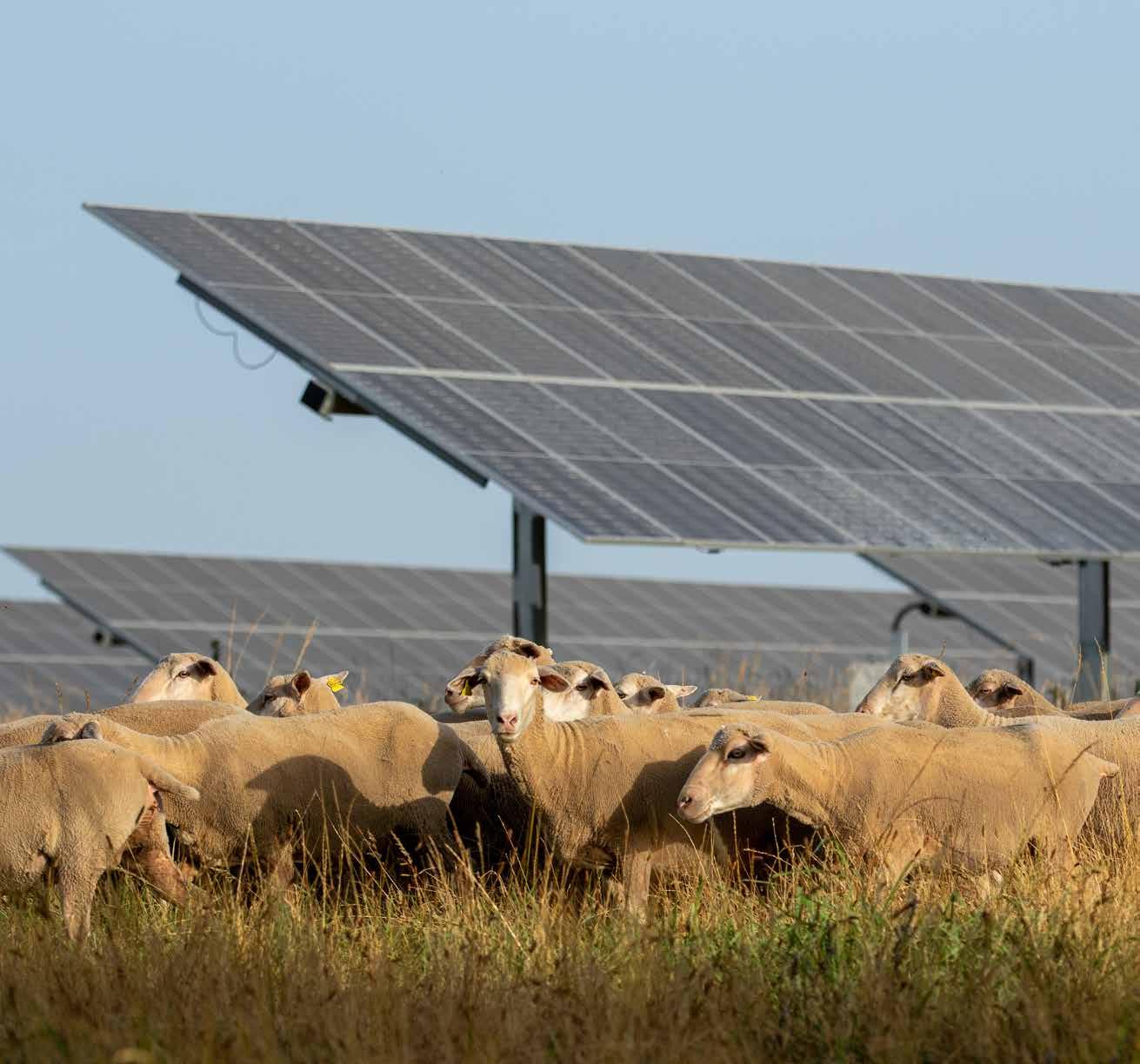

Sonnedix provided financial support to Filha do Sol, a female-led NGO dedicated to uplifting frontline women’s leadership in ecosystem regeneration and climate justice. Filha do Sol empowers local leaders to address local climate challenges with a global impact. The NGO’s initiatives include a programme to restore the mangroves of the Environmental Protection Area, Delta do Parnaíba, spanning 310,281 hectares in the Brazilian Northeast, one of the eight largest global hotspots for climate change. Restoration of this critical area offers significant potential for carbon mitigation and aids local communities in adapting to climate change by preventing floods, thereby supporting the livelihoods of thousands of people, including traditional communities. Since July 2023, over 1,000 seedlings have been planted, with more than 500 seedlings produced. Additionally, around 250 children have participated in environmental education initiatives in local schools, and approximately 200 women have been engaged through various events.
In 2023, Sonnedix co-invested in the pioneering Tropical ReGen project, a part of ClimateForce’s initiative to establish a certified organic reforestation model in the Daintree Rainforest, Far North Queensland, Australia. Spanning 527 acres in the world’s oldest rainforest, the project exemplifies ClimateForce’s mission to develop and scale high-biodiversity organic reforestation that is economically self-sustaining.
This investment supports the creation of a scalable model designed to boost environmental and community resilience. By co-funding an off-grid energy system, Sonnedix has played an important role in powering the project, enabling the installation of a solar micro-grid. This system underpins vital services including power supply, refrigeration, electric vehicle charging and connectivity. Sonnedix’s involvement not only aligns with our commitment to sustainability but also demonstrates how we can harness our resources, experience and knowledge to benefit local environments and communities through deployment of solar energy.
Source: ClimateForce | Rainforest Regeneration

Trees are vitally important to life on this plant. They help to clean our air, filter our water and a single tree can be home to hundreds of species with trees providing habitat to over 80% of the world’s terrestrial biodiversity. Trees are incredibly important in mitigating climate change, acting as carbon sinks, absorbing atmospheric carbon dioxide and releasing oxygen. Deforestation, or the human-driven and natural loss of trees, affects everything from wildlife and ecosystems, to weather patterns and the water cycle.
While our solar plants require open land, rather than contributing to the deforestation issue in our world, we are actually fighting against it. To preserve these important habitats, our policy is to avoid deforestation and, where this is not possible, to replace any affected trees with a greater number than were removed.
We have a dedicated partnership with One Tree Planted, a non-profit organisation focused on global reforestation which works with a network of reforestation partners to plant trees in areas of need. In 2023, a total of 12,650 trees were planted with our partner.
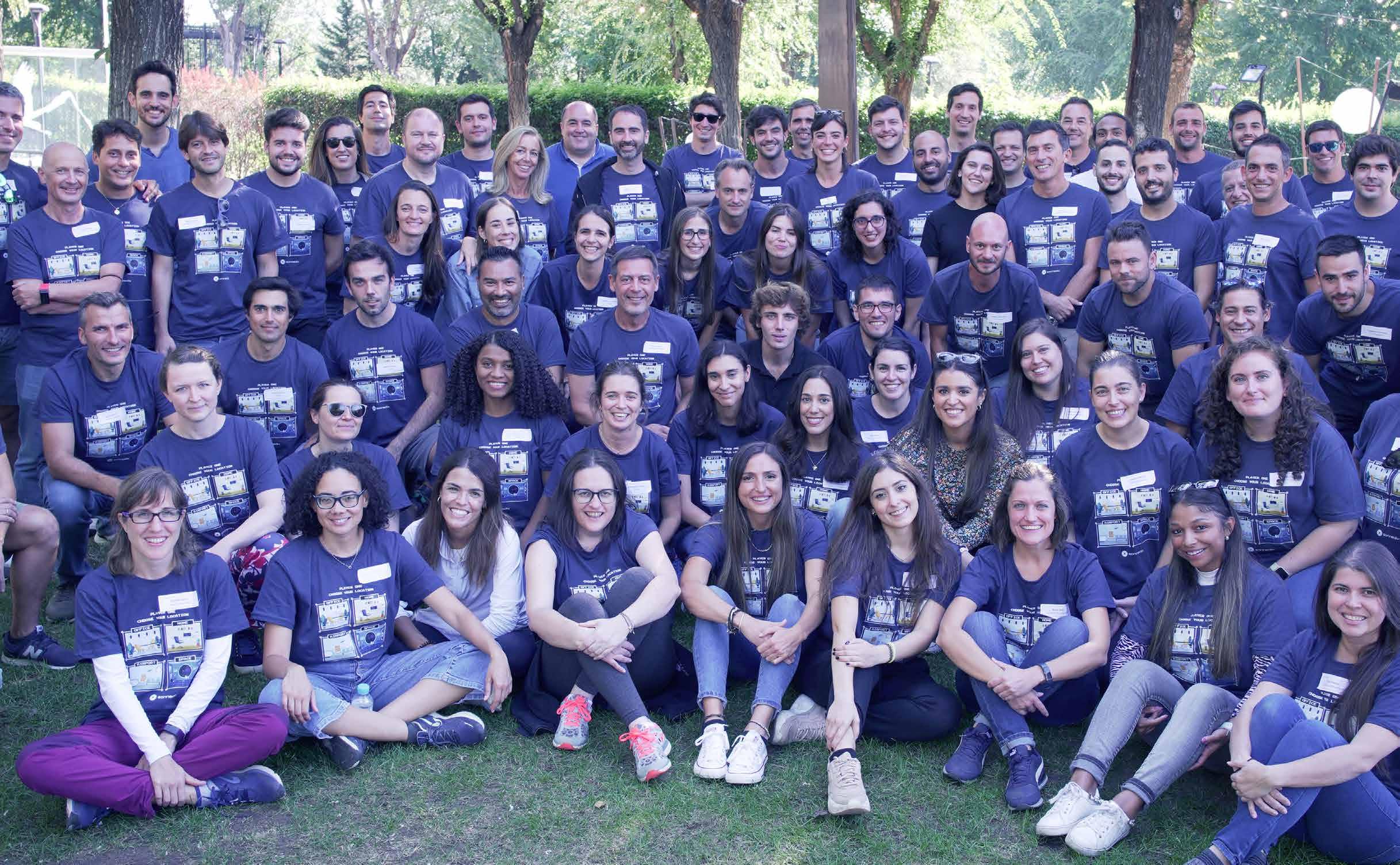

Sonnedix commits to a safe, diverse and inclusive workforce and ensuring that our communities develop sustainably, with learning and innovation at the heart of our engagement.
The Social Policy and Standards lay out our corporate objectives, responsibilities and commitments relating to Sonnedix employees, stakeholders, local communities and health and safety, and we believe everybody has a role to play. As such, our people are supported by a complete suite of policies and processes, inclusive of the ESG Policies and Standards, the Global Company Handbook and the Managing Performance Policy, among others. Whilst our policies act as guidance and best practice for the management of the Sonnedix team, annual company targets are set, and personal objectives and development plans agreed, to ensure that everyone understands their contribution and has the opportunity to grow and succeed along with the company.
In addition to our objectives, policies and standards, we have a range of ongoing initiatives to ensure that each member of our team has every opportunity to develop and contribute to Sonnedix’s success. These include our ongoing engagement and wellbeing campaigns, Internship programme, outreach activities with schools and universities, Global DEI Summit, One Team Network groups and local DEI Champions.
As part of our 2030 Sustainability Strategy refresh, we have introduced new commitments across health and safety, DEI and community engagement
Continued
reduction in H&S incidents and enhancement of H&S culture across the organisation. Health and safety
Implement the 2030 DEI roadmap, including continuing to champion women and under-represented groups and promote social mobility. DEI
Support socio-economic development through local community projects, educational initiatives, employee volunteering and sustainability partnerships. Communities

With Sonnedix set on a path of continuous growth, we are working to ensure our workforce continually refreshes their skillset and expertise, as well as being well-equipped to develop the new capabilities required as our industry changes, while remaining upskilled, engaged and thriving.
Our people-centric approach to sustainable growth encompassing DEI, ESG, and our organisational culture has been instrumental in establishing a robust employer brand. We place equality of opportunity and diversity at the centre of our recruitment process and policies, in terms of how we prepare job descriptions, promote vacancies, train our hiring managers, including unconscious bias training, organise diverse interview panels and onboard successful candidates. Whilst qualifications, skills and experience form the foundation for recruitment, we actively encourage individuals to apply even if they possess some, but not all, of the specific skills we are seeking. In 2023, we continued our use of psychometric assessments, to add an additional lens of objectivity and fairness to candidate assessment. This approach contributes to broadening diversity in perspectives and capabilities, and ensures that we are building resilient teams who not only resonate with our values but also demonstrate effective collaboration.
Our ambition is to be an ‘employer of choice’ to attract the best possible talent to our organisation.
We are proud to attain a rating of 4.8 out of 5 on Glassdoor. We aim to achieve our ambition whilst simultaneously motivating and engaging our current employees to develop their skills and capabilities and, in doing so, foster a strong, resilient, future-fit workforce. In 2023 over 70 team members made a career move or were promoted.
We continuously invest in manager development, to ensure every ‘people’ manager is equipped to maximise their team members’ development and engagement, as well as productivity. There is managerspecific training throughout the year, supplemented with targeted workshops and psychometric tools as needed on a team by team basis. We actively manage our succession-planning and progression across all levels. We launched our selection-based talent programmes in 2022: our Accelerator and Future Shaper talent programmes are unique to Sonnedix and aim to develop those team members identified as high potential. These run in parallel to ongoing manager development programmes.
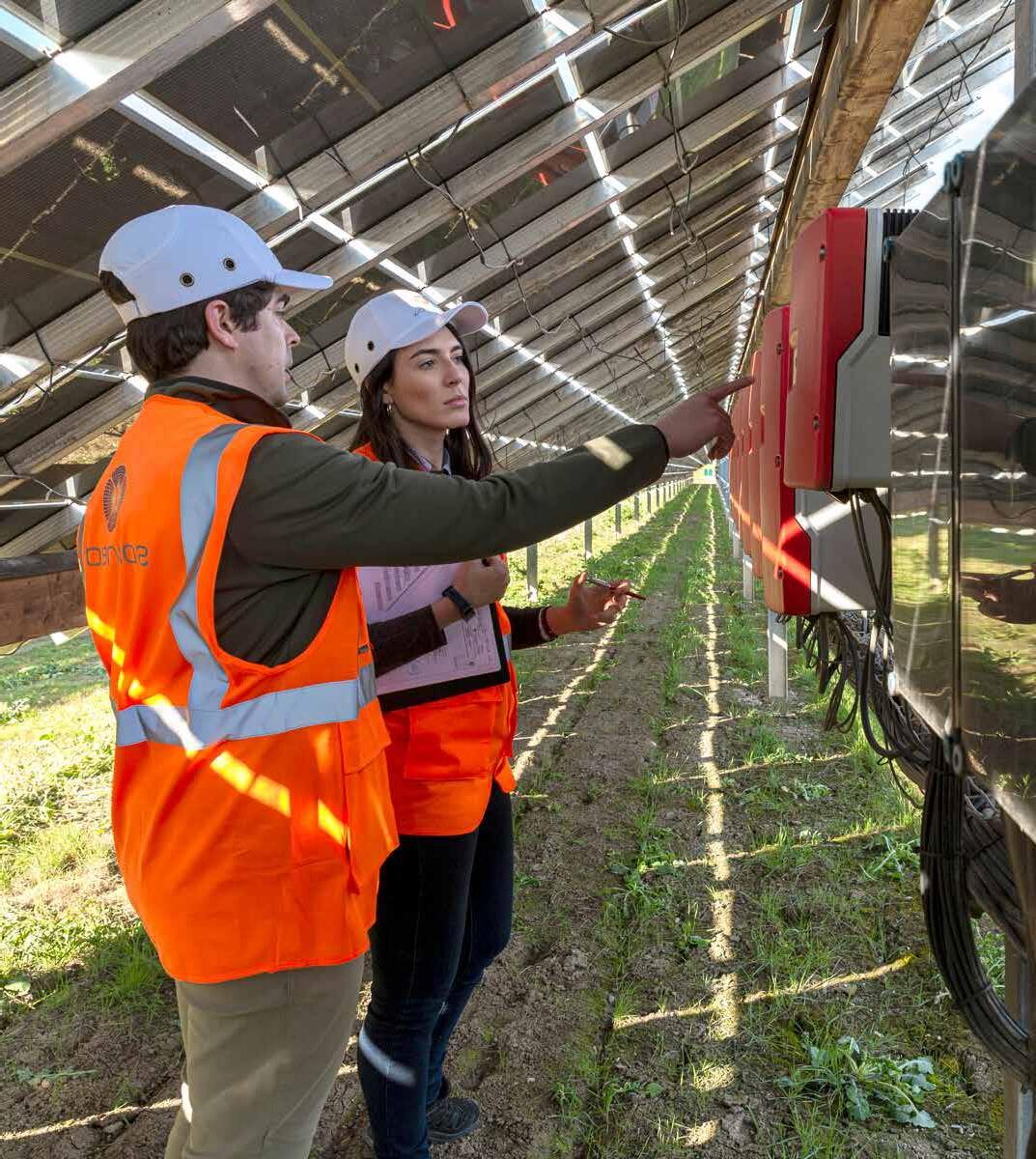
LETTER FROM THE CEO
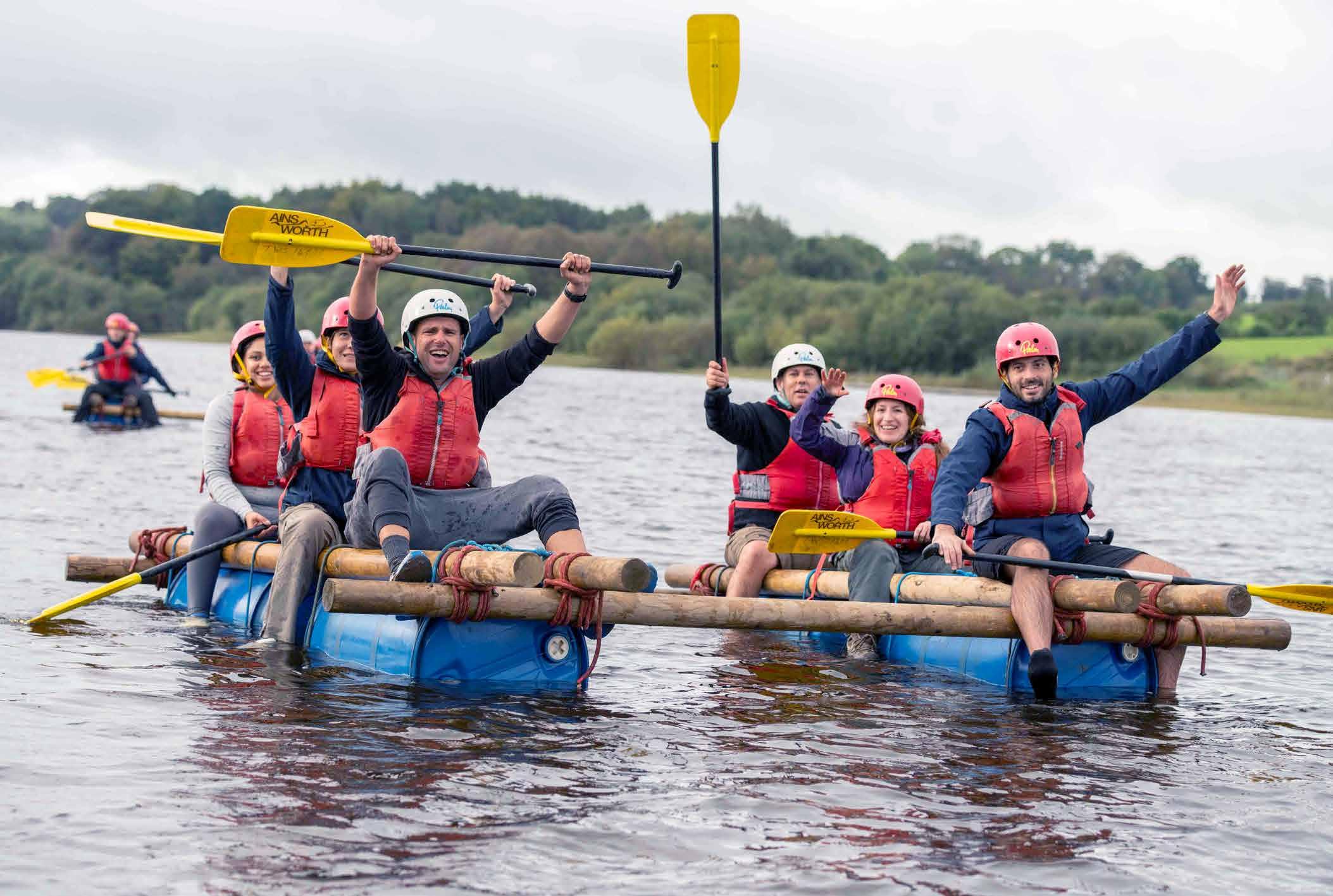
The 18-month Accelerator programme requires significant time investment from both the business, and those involved. Participants, targeted at developing our early-to-mid-level talent, complete a range of challenges within and outside the company, coming together in physical and virtual sessions, to build their leadership capabilities. Our Future Shaper programme is targeted at our senior-level leaders, meaning we’re investing in the development of our employees regardless of the length of service or experience level.
In November 2023, we were able to collect feedback from those who had undertaken the courses as part of the 2022/2023 cohort. On completion of the programme, 71% of the Future Shaper participants had been promoted or moved into a new role (60% of the women participants), and 57% of the Accelerator participants (83% of the women participants) had been promoted or stepped into a new role. Retention across both programmes participants exceeded 90%.
“The experience was enriching and highly motivational, revealing insights about myself”
“We are lucky to be among such smart, ambitious and interesting people”
“I realised how diverse we are as an organisation and how our different styles of leadership make us such a special company”
“I believe the programme has been and continues to be fundamental to the development of my career. The opportunity to meet, network and cover such important topics is tremendously valuable”
As standard, 100% of our employees undergo a performance review midway through the year, and at year end. This is a well-defined process, supported by policies and procedures, and ongoing employee and manager training, to ensure everyone understands how to maximise the impact – of themselves, teams and the company as a whole. The purpose of the mid-year review is to ensure that objectives are on track, discuss performance, gather feedback in both directions, and also to review and evaluate each employee’s progress against their development plan.
In 2023, we continued facilitating learning via our Sonnedix Academy, our platform to accelerate employee growth focused around a ‘one company, many careers’ mindset. This platform is available across all Sonnedix markets, for all employees, and includes on the job development opportunities, access to technical learning courses such as Power Marketing, Battery Energy Storage Systems, legal, financial, ESG and a range of HSE training, more skills-based courses such as presentation skills, time management and stakeholder management, mentoring, coaching and shadowing, and language courses to support our employees to engage with their colleagues in other Sonnedix markets. There were over 13,000 learning hours completed in 2023 representing an average of over 24 hours learning per team member.
Along with identifying training needs, we also support our employees’ professional development through a range of support services such as the new joiner ‘buddy’ systems and our ‘reverse mentoring’ programme, which both help establish an individual’s network and help connect them with more experienced colleagues who can help them navigate the business and become a fully effective team member more quickly.
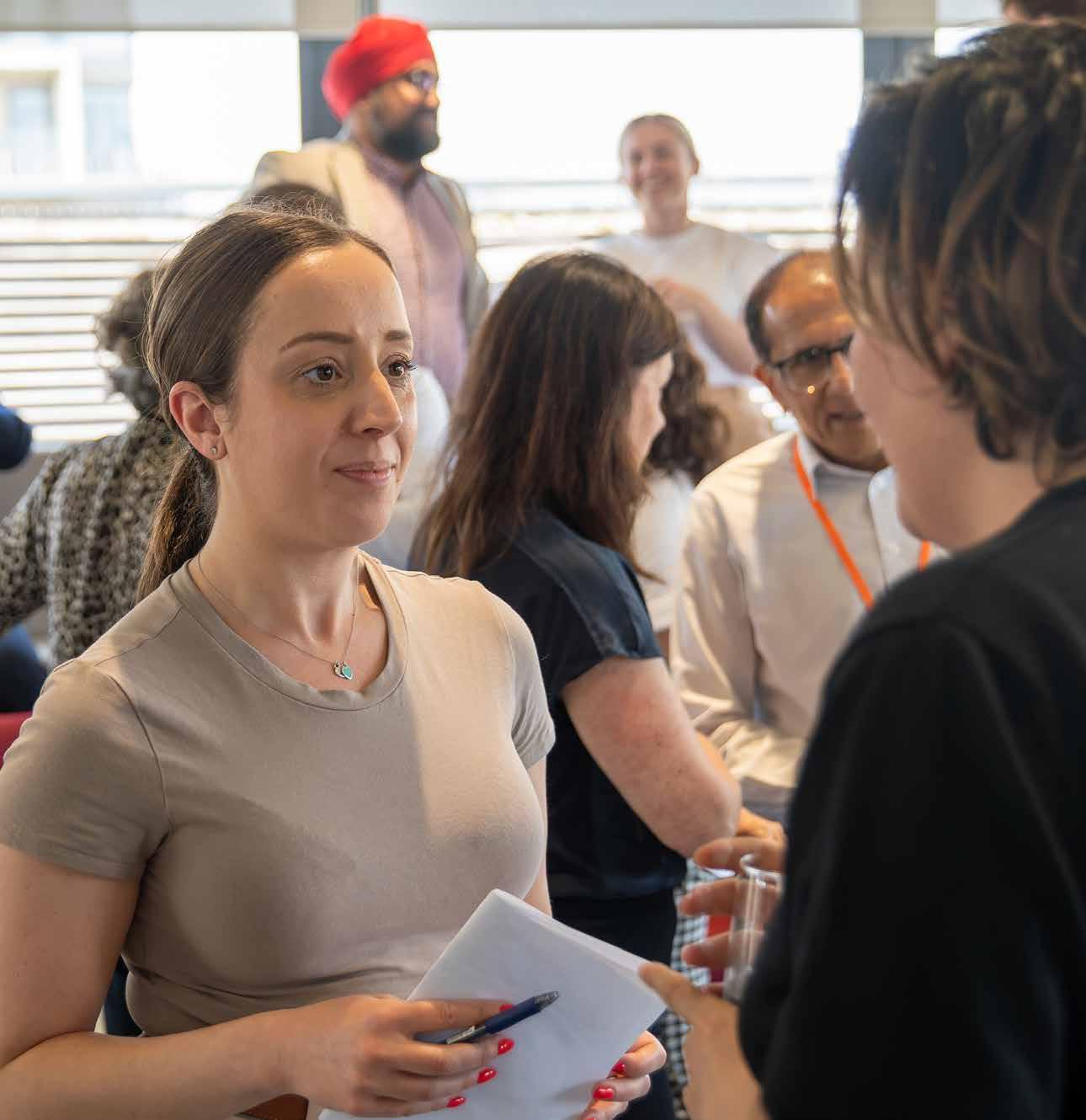
In 2023, we continued our annual engagement survey alongside regular pulse surveys to monitor team wellbeing and the effectiveness of our employee programmes and culture. These surveys, outsourced to ensure anonymity and encourage honest feedback, yielded an engagement score of 67%, a slight decrease from 72% in 2022, reflecting a general downward trend seen across many organisations.
Survey results are thoroughly reviewed and shared company-wide, leading to actionable insights. For instance, based on 2022 feedback requesting more work flexibility, we introduced the Work from Elsewhere and Unpaid Leave policies in 2023, and implemented Summer Working Hours during July and August for all Northern Hemisphere employees, with a similar policy for our team in Chile.
Additionally, we enhance staff engagement through quarterly ‘All Hands’ calls with our leadership and monthly team briefs at each office location, where employees receive updates and engage on various topics. These efforts are complemented by regular virtual and face-to-face peer-learning sessions, fostering a culture of communication, collaboration and continuous learning.
To stay competitive and meet our evolving workforce’s expectations, we offer a comprehensive range of benefits and learning opportunities, supporting personal and professional growth within our ‘One Team’. Our locally tailored benefits packages cover health, family, caregiving and retirement needs. For a detailed list of benefits, refer to Annex 2.
We’ve adopted a hybrid working model for all office-based employees, requiring a minimum of two office days per week, with flexibility to choose their work location on other days based on productivity preferences, supported by targeted training for managers on hybrid working practices. This flexibility includes a ‘Work from Elsewhere’ policy, allowing employees to work from another location for up to six weeks annually. Additionally, our Unpaid Leave policy offers the opportunity for employees to take extended unpaid leave for personal reasons beyond statutory entitlements.
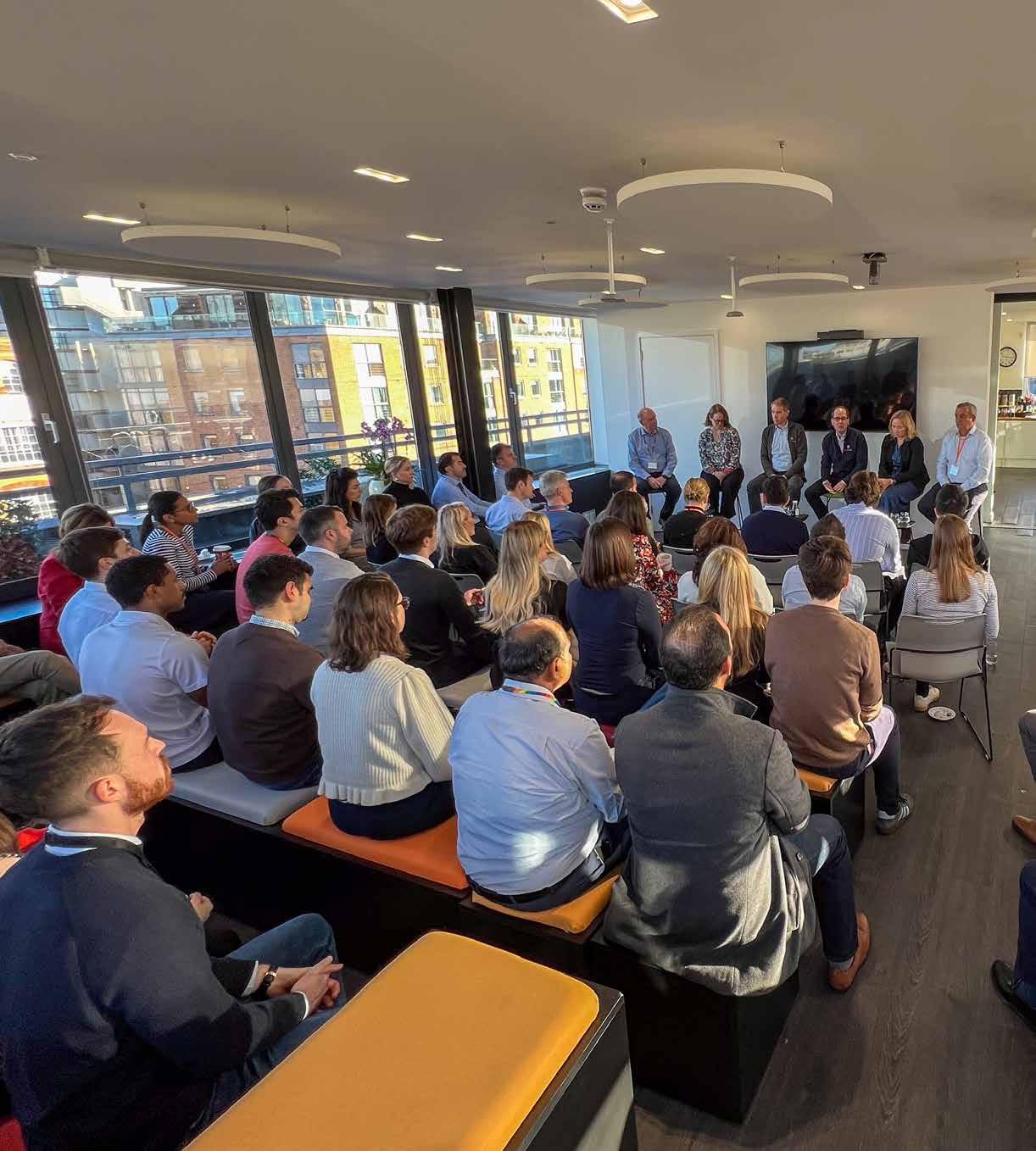
Our commitment: Implement the 2030 DEI roadmap, including continuing to champion women and under-represented groups and promote social mobility.
We recognise the value of the diverse perspectives brought by our team members and strive to foster a culture that embraces differences without bias. We continue building a diverse and inclusive team, where everyone can fully contribute and develop their potential and career while delivering the company goals.
In 2020, we launched our DEI Manifesto, which set out our commitment to diversity, equity and inclusion, and the roadmap for implementation across our team and our partners for delivery by the end of 2023.
This consisted of five pillars:
Deep dive into gender: To promote the representation and advancement of women at Sonnedix by fostering, celebrating and advocating for women’s success and visibility, with a goal of ensuring equal opportunity, regardless of gender.
Race & Ethnicity: To improve racial diversity and inclusion by focusing on race, ethnicity, diversity and intercultural competence and listening to the experiences of colleagues from minority groups to inform Sonnedix’s DEI action plans.
Disability & Wellbeing: To promote good mental health and provide an environment where everyone is aware of and can proactively manage their wellbeing and where our disabled team members can do their best work.
Age diversity: To enhance intergenerational working, explore the aspirations of our team members who are new in their careers.
Inclusion: To invest in and develop our people, introduce leadership DEI objectives and undertake diverse, inclusive recruitment.
Our progress in implementing our DEI Manifesto is outlined in the illustration to the right.
38% internal promotions went to women
Updated Flexible Working policy and familyfriendly practices
33% new hires women
Ran two DEI Summits, consisting of over 300 employees and third parties
Collected voluntary diversity data across all countries
Regular social events ran to promote team togetherness
Reviewed disability standards across all countries
Continued activity within our Career Kick Starters group
8% of workforce from Gen Z
70 employees part of mentoring scheme
Piloted reverse mentoring scheme
100% fully inclusive job posts, backed by psychometric assessments
DEI goals made part of senior leaders’ goals
100% managers trained on mitigating unconscious bias
Inclusion score of 68%
Sonnedix held its second ‘Global DEI Summit’ in October 2023, for everyone in the company, plus portfolio companies and guests, designed to share knowledge and engage the participants on the business benefits of diverse teams. The attendance nearly doubled from the inaugural year, with over 220 participants and representatives from more than 10 portfolio companies. The prestigious keynote speaker, Lindsay Kagawa Colas, Executive Vice President, Talent + The Collective at Wasserman, discussed how a visibility gap creates barriers, growth comes with discomfort, and the role of leaders is to facilitate greatness in others. She is widely considered to be a pioneer in the representation space, having negotiated the first ever Inclusion Rider into an athlete contract and the first maternity protection language into a major shoe and apparel deal. Colas is setting the pace in lifting the entire ecosystem of women in sport. Other external speakers discussed how they benefited from diverse teams to win more business, and the importance of understanding the impact of social mobility in unlocking the potential of diversity for business benefits.
The Summit delivered the following KPIs: 100% of attendees said they gained valuable insights and 94% rated the event as a valuable investment of time.
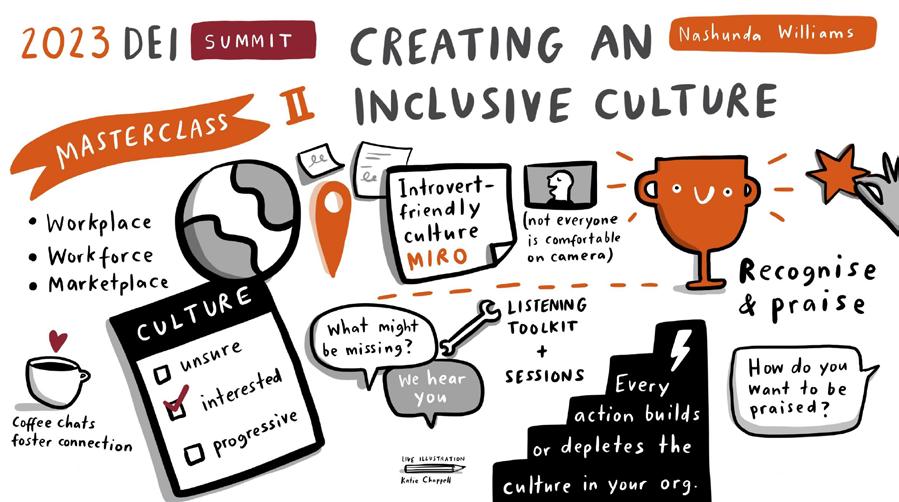
Our Sonnedix One Team is made up of individuals from a range of backgrounds, which enables us to leverage diverse views, leading to innovation and risk mitigation. Our people all have the qualities we believe in: the drive to do what’s right, the ability to be positive, inclusive and flexible, and the boldness to invent new ways of getting things done.
Since launching our DEI Manifesto, we have achieved some significant milestones, including increasing the number of women hires into the business (achieving our goal of 40% across most years of the Manifesto timespan, even as we grow in headcount significantly), creating our first Inclusion Scorecard, launching our Employee Resource Groups (One Team Networks) and launching and running our Global DEI Summit for companies across the energy sector for two years, covering topics such as culture change, inclusion and DEI data collection.
The progress we have been able to make in these areas is down to our One Team – our global workforce who drive the success of the business, united by our shared values and behaviours. Our One Team are responsible for our One Team Networks, our focused forums for traditionally underrepresented groups to share their issues, views and needs with the wider business. In 2023, we had four of these groups: the Sonnedix Women’s Alliance, Career Kickstarters, Parents & Carers and LGBTQ+.
In line with our aim of ensuring a gender balanced workforce, we set ourselves an ambitious goal for 40% of new recruits to be women, regardless of geography or functional area. In 2023, 33% of our new joiners were women. It was challenging in a year where many vacancies were in the ‘male-dominated’ fields of construction and IT roles. To counter this, we expanded outreach efforts, engaging with groups like the Women in Data and Women in Solar Europe associations.
Whilst we want a diverse, representative workforce, we always hire the best person for the role through a fair and transparent recruitment process, ensuring equality of opportunity and access. As the gender diversity of our workforce improves, we recognise there is more to do. Women are underrepresented in certain functional roles, like engineering and construction, and can vary largely by geography. In response, we conducted a thorough review of our recruitment process, covering everything from role definition to onboarding. This resulted in an increase in female candidates and the maintaining of a workforce gender balance of 36%, despite a doubling of our workforce since 2020. We closely monitor development opportunities, progression and promotions to mitigate biases and ensure equitable advancement, as evidenced by women accounting for 38% of internal promotions in 2023.
We celebrate the cultural, racial and ethnic diversity of our people by actively engaging the entire workforce in learning opportunities and celebrations. In 2023, we celebrated Black History Month with a powerful podcast sharing the lived experiences of some of our Black colleagues, helping everyone understand how race can affect someone’s daily life and create greater awareness that we have different day to day experiences based on aspects of our identity.
We continuously look for ideas from team members of how people can celebrate their differences in a fun, inclusive way. Given there are 22 nationalities in our UK office, and everyone loves food, we organised a team lunch where people prepared food from their local cuisines to celebrate cultural identities. With over 20 contributions, ranging from vegetarian south Indian curry to Romanian cakes, it was a huge – and delicious – success.
Disability encompasses various aspects, including medical, social and environmental factors, with conditions sometimes evolving during employment. At Sonnedix, we adopt a holistic approach, addressing physical, social, mental and financial wellbeing since 2023. Testament to this and given our 2020 Manifesto, we’ve updated our disability standards across offices and provide in-person counselling facilitated by external counsellors who regularly visit our offices.
As part of our wellbeing strategy, we organise numerous social events across all our countries each year, fostering connections through activities like parties, walks, quizzes, art classes, sports days, workshops and site visits. In 2023, amidst changing economic climates, we also launched a financial wellbeing strategy, engaging external experts to enhance our teams’ financial literacy and offer guidance on managing personal finances and investment options.
We embrace a multigenerational workforce, spanning from Gen Z to Baby Boomers. Our focus is on promoting intergenerational learning to leverage the diverse perspectives within our team. To achieve this, we’ve established the Career Kickstarters group, which empowers early-career professionals with the skills and confidence needed to excel. We’re committed to providing meaningful work experiences through the Sonnedix Internship programme. Each year, we proudly offer approximately 20 long-term internships to underrepresented groups, with 40% of interns transitioning to permanent roles within Sonnedix. We offer tailored development schemes like our Accelerator programme which targets early-mid level talent, and through our reverse mentoring programme our mentors provide invaluable support to senior employees, offering fresh insights and perspectives.
Our commitment: Continued reduction in H&S incidents, aiming at zero recordable incidents, and enhancement of H&S culture across the organisation.
Both our internal Social Policy and Standards and our Governance Policy and Standards outline our approach to health and safety, which is focused on protecting and promoting the health, safety and welfare of all employees, contractors and any other individuals who may be affected by our operations, including members of local communities. Our approach is endorsed by our Senior Leadership Team, who review safety performance at least every quarter in dedicated fora.
Whilst precautions are taken to prevent incidents occurring, Sonnedix has a strict incident notification process to follow, supported by an Incident Severity Matrix, helping all employees and contractors to identify the severity of an incident and what actions to follow should one occur. Regardless of its level of severity, every incident is investigated, and a findings report is produced. Any incident categorised as ‘lost time’ is communicated to our Senior Leadership Team.
Sonnedix’s dedicated Health, Safety and Environment (HSE) team is responsible for the deployment of our Health and Safety Management System, which is based on ISO 45001 standards, covering all employees. Along with our policies and standards, more specific health and safety plans, procedures and contractual requirements are in place at both the corporate and project level, to ensure an appropriate level of management control. We expect all Sonnedix employees and those working on our behalf to comply with these policies, standards, plans and procedures.
To further ensure our controls remain as effective as possible, the HSE team, along with our local teams and, where required, third-party auditors perform audits and inspections of our contractors. In total 29 audits were carried out in 2023. Out of 47 contractors who constructed or operated our plants in 2023, 49% (23) underwent either an internal or third-party audit. Audit selections take a risk-based approach and we prioritise audits with our largest contractors (i.e. those contractors operating across multiple sites); those operating the greatest proportion of sites in any given country; those not worked with before; and those who may have previously underperformed.
• Regular update of procedures.
• Development of Corrective Action Plans.
• Objective and KPI setting.
• All projects, offices and activities should be subject to a formal risk assessment addressing general and specific risks.
• Performance tracking.
• Incident monitoring.
• Audit management.
• Inspections by Sonnedix project teams.
• Ad hoc audits by Sonnedix HSE team or third-party auditors.
• Mandatory induction training for all Sonnedix employees.
• Targeted specialised training for key Sonnedix personnel.
• Contractor ‘Tool Box’ talks and training.
In 2023, just as in 2022 and 2021, there were no fatalities. Our lost time injury frequency rate (LTIFR) was 2.6 (compared to 2.2 in 2022) and the total recordable incident rate (TRIR) was 3.5 (compared to 2.8 in 2022). The increase in both LTIFR and TRIR was primarily driven by an increase in the number of new operational sites added to our growing portfolio as well as an increased number of construction projects. We have however met both our LTIF target (target was 3.3) and our seriousness index objective target (target was 121.8 – 5% reduction from 2021).
As part of our ongoing commitment and responsibility to HSE we have continued to ramp up our H&S training initiatives. Notably we have conducted more than 90 training courses, across all of our territories, with 812 attendees completing more than 4,200 training hours on 15 different topics, including, but not limited to, first aid, electrical safety, firefighting, working at heights and safe driving.
FATALITIES
LOST TIME INJURY FREQUENCY RATE (LTIFR*)
TOTAL RECORDABLE INCIDENT RATE (TRIR*)
INDEX
*LTIF & TRIR = Calculated based on 1,000,000 hours worked. Includes Sonnedix’s employees and our contractors and subcontractors. **Number of days lost/1,000,000 hours worked. Includes Sonnedix’s employees and our contractors and subcontractors.
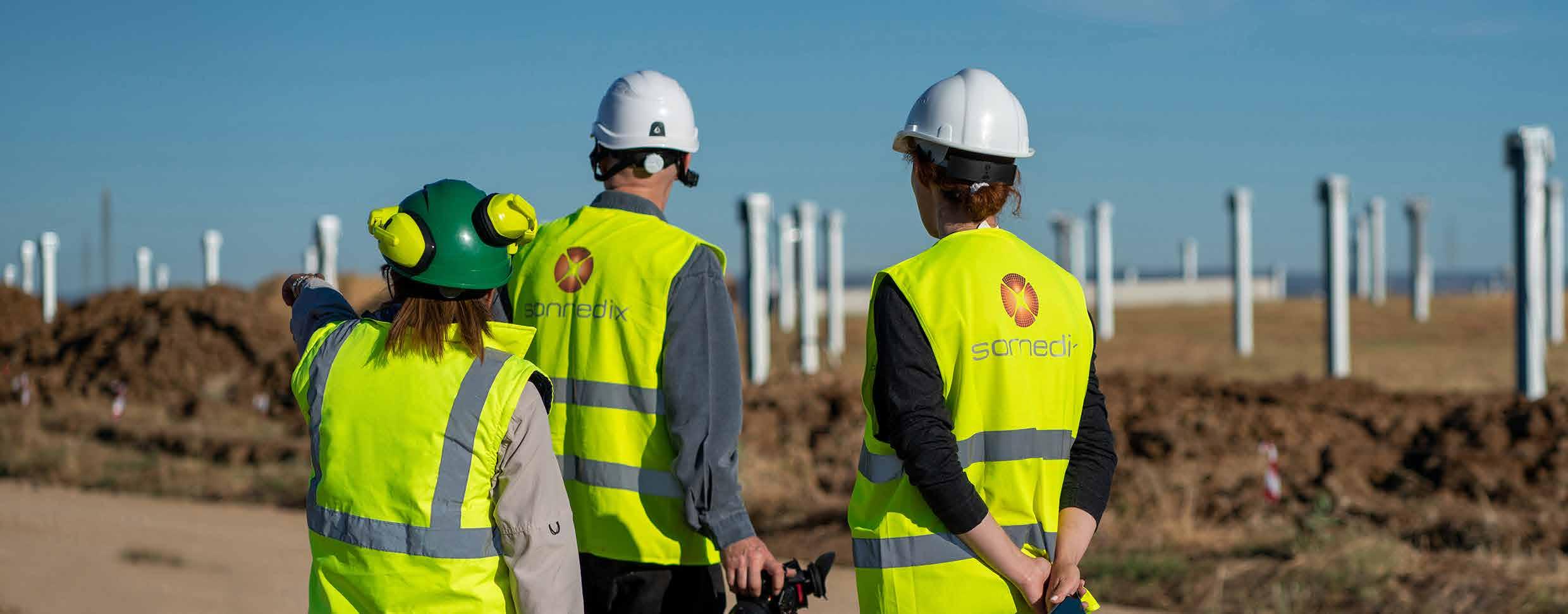
On 28 April, 2023, in honour of World Day for Safety and Health at Work, we launched our inaugural Safety Week. Our CEO delivered a motivational address to all employees, and we wrapped up the week by announcing the winners of our inaugural Best Safety Observation contest. Across our global offices, we organised various HSE activities, including first aid training, PPE workshops for electrical work and VR fire extinguishing simulations. These activities fostered engagement among colleagues and underscored the significance of enhancing health and safety awareness in the workplace. Find a full Impact Story on our website here
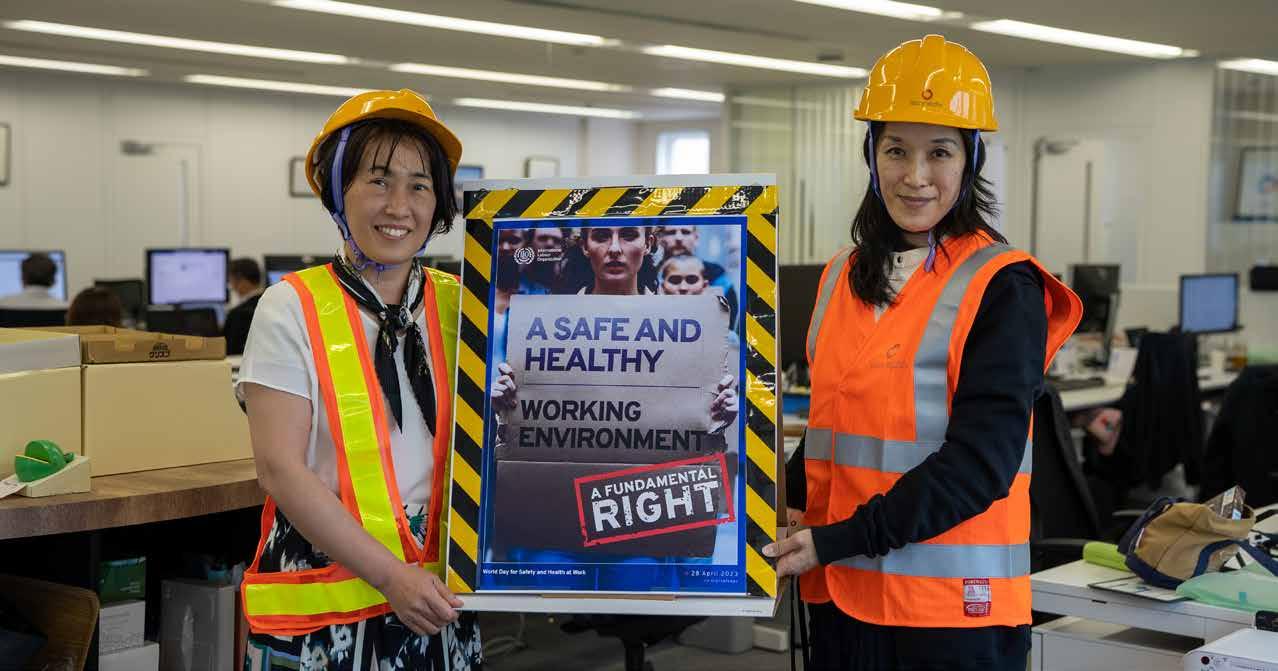
In 2023, we launched quarterly safety observation contests aimed at encouraging our team to proactively identify and report potential safety hazards in the workplace, fostering ownership in creating a safe working environment. In 2023 we surpassed our target of 800 observations by 43%, reaching 1,140 observations. The purpose was to promote safety awareness and proactivity among Sonnedix team members and collaborators. Criteria for evaluation included the correct identification of unsafe conditions or behaviours, timely reporting, relevance of observations in terms of risk, and prompt identification and follow-up on corrective actions. Awards were given to employees, and their achievements were celebrated in all company meetings to further encourage safety awareness and proactive participation.
In our commitment to promoting a safe working environment, we regularly produce Health and Safety (H&S) newsletters for our employees. These newsletters serve as a cornerstone of our ongoing initiative to foster a culture of safety within our organisation. Each edition of the newsletter focuses on critical topics such as construction risks, offering insights into proactive measures to mitigate these hazards. Through the distribution of these newsletters, we aim to sustain and strengthen awareness among all employees, empowering them with the knowledge needed to prioritise safety in their daily tasks. We also encourage the sharing of this valuable information with our construction partners, emphasising our collective commitment to ensuring a secure working environment for everyone involved in our projects.
Our commitment: Promoting sustainability within our supply chain, focusing on decarbonisation, human rights, and health, safety and environment.
Given the continued growth of Sonnedix and our reliance on procuring equipment to construct new projects, sustaining a responsible supply chain remains a key part of our sustainability efforts.
As such, our refreshed 2030 Sustainability Strategy demonstrates this emphasis with newly defined commitments for 2024-2030 including:
• Roll out of 2030 supplier engagement plan for strategic suppliers, with a focus on GHG, human rights and traceability.
• Actively participate in and support industry-wide supply chain stewardship initiatives.
• Support diversification of renewable energy manufacturing base through localised sourcing of key equipment where appropriate.
Across 2023 Sonnedix had many projects under development and construction. Our aim was to select and develop suppliers with strong sustainability practices. Throughout the year we continued to undertake screening of our potential suppliers and implement robust contractual requirements in supply agreements, with a particular focus on human rights. All new factories from where modules were procured were subject to third-party quality assurance and ESG audits, including site visits and document reviews. Full factory audits are performed once a year, and then each time there is a new production of PV modules, a pre-production factory audit is performed on site to check that corrective actions, if any, continue to be implemented. In 2023, 20 supplier quality and ESG audits were performed with no major nonconformities identified.
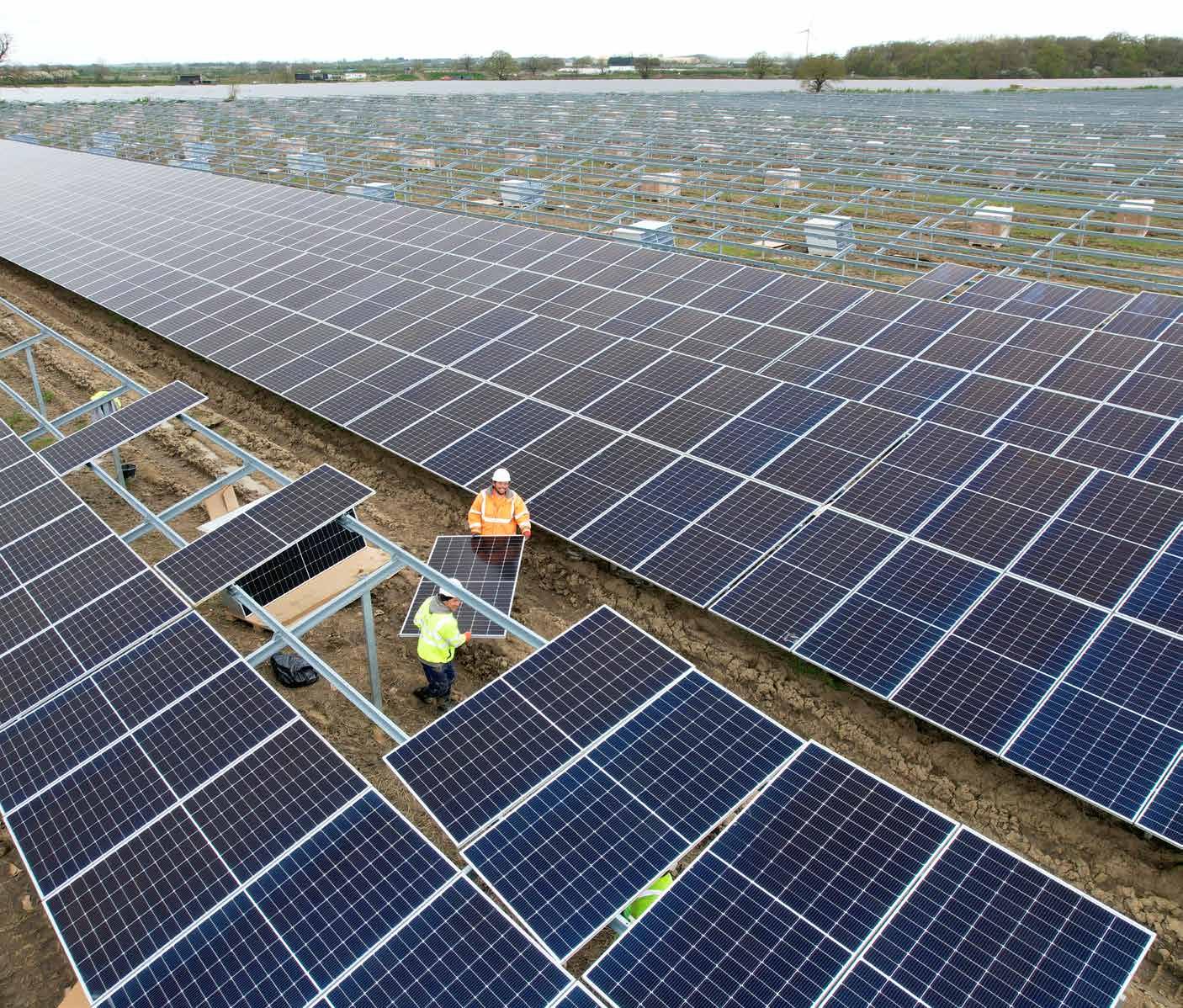
SUSTAINABILITY REPORT 2023 ABOUT SONNEDIX
LETTER FROM THE CEO
SUSTAINABILITY AT SONNEDIX 2023 AT A GLANCE ENVIRONMENT SOCIAL GOVERNANCE ABOUT THIS REPORT
Our approach to human and labour rights is governed by the Sonnedix Human Rights, Forced and Child Labour Standard, contained within our Social Policy and Standards document. This involves, among many other things, providing reasonable working hours, fair wages, promoting a safe and healthy work environment and the fair treatment for those who work with us or on our behalf. Sonnedix employees are mandated to attend ESG training, which includes human rights and forced labour amongst many other topics.
Sonnedix has a zero-tolerance policy for the use of child or forced labour and to human trafficking practices and our annual Modern Slavery Statement outlines the steps we take to prevent and eradicate modern slavery in our global operations and supply chains.
Our standards do not only apply to Sonnedix employees. All contractors, suppliers and other Global Partners are contractually obliged to comply with our full suite of ESG policies, including our Human Rights, Child and Forced Labour Standard. Sonnedix will not knowingly do business with Global Partners who violate these practices and we aspire to use our influence to bring about positive change.
Whilst the renewables sector must continue to expand exponentially to combat climate change, this comes with an increased demand for raw material supply and elevated exposure for businesses in the renewables sector to the risk of encountering modern slavery in their supply chain. We recognise that the solar PV supply chain is particularly vulnerable to potential abuses, given the allegations of forced labour and human rights abuses. At Sonnedix, we strive for the highest standard of human rights and stand firmly against the use of forced labour and any abuse of human rights, and we continue to work with our suppliers to ensure that they are following our high standards around this topic.
Sonnedix is taking the following key mitigating activities to minimise our exposure to forced labour and human rights abuses in our supply chain:
Contractual provisions related to human rights and forced labour are included in all key equipment supply agreements and construction contracts. In 2023, provisions were expanded to include more enhanced traceability requirements for key module suppliers, subjecting suppliers to traceability mapping and traceability audits, amongst other provisions. This allows us to reduce risk exposure and improve visibility across our supply chain.
In case of new acquisitions and development, the ESG team assesses potential exposure to human rights risks, amongst others, and advises the Investment Committee on the potential risk and mitigation.
Suppliers continue to be vetted internally by the ESG team as part of the pre-qualification process and externally by independent third-party consultants through the audit programme. The Board of Directors and Senior Leadership are kept updated on any new developments in this area where applicable. We continually monitor upcoming regulatory changes relating to human rights and forced labour.
We continue to collaborate with industry peers through solar power associations, in particular Solar Power Europe. Since 2021, Sonnedix has sponsored Solar Power Europe and Solar Energy UK’s work in developing a solar-industry-specific value chain assurance programme, the Solar Stewardship Initiative Following a successful pilot exercise, the initiative officially opened for membership in December 2023.
Our grievance and whistleblowing mechanisms allow reporting of any concerns associated withour activity or the activities of our contractors, including human rights abuses.
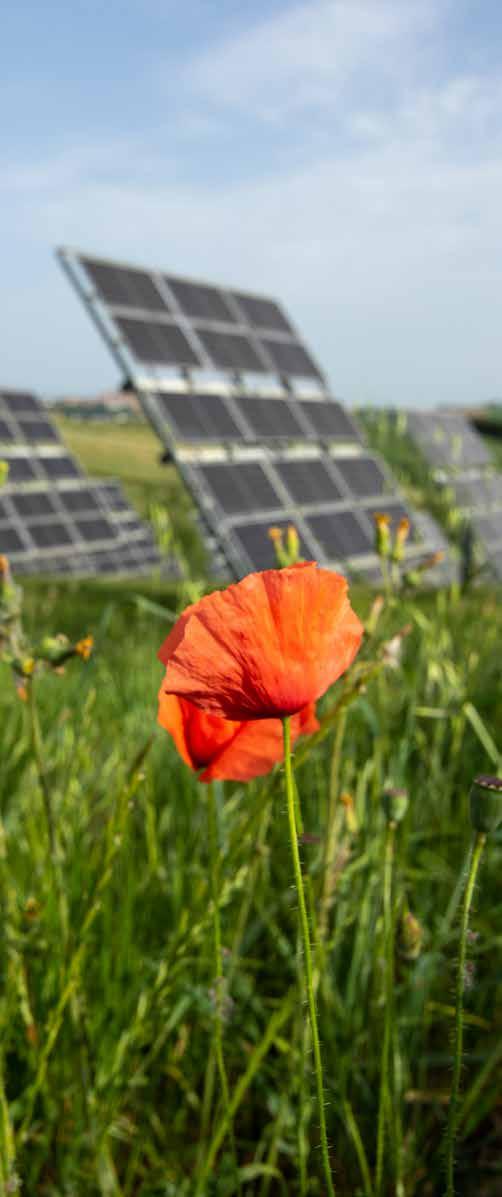
Our commitment: Support socioeconomic development through local community projects, educational initiatives, employee volunteering and sustainability partnerships.
As members of the communities in which we operate, contributing to their socio-economic development (SED) remains a focus. We aim to create long-term value and improve the lives of our neighbours, whilst being aware to identify, evaluate, mitigate and, where possible, avoid any potential negative impact of our projects on our communities and their cultures.
Through targeted community engagement and SED initiatives, we take a proactive approach to community relations, initiating dialogues and taking action to foster a positive relationship with, and impact on, the communities.
Our voluntary local development initiatives contribute to long-term benefits for the communities closest to our sites, and come in addition to those mandated by permits or regulation.
In 2023 we implemented over 20 community initiatives, with charitable giving and community investment of over EUR 470,000.

SUSTAINABILITY

Improving the local communities where we operate has always been important to Sonnedix, so the UK and US teams chose to become #litterheroes.
The UK office, as part of the ‘Keep Britain Tidy’ charity’s campaign, spent a morning in teams picking up litter in five local parks, collecting 33 bags of rubbish. We found several random items including socks, earphones, old toys, and a lot of bottle tops. The team was very skilled with their litter pickers, which we will save and use again. On return to the office, the team completed a quiz on waste recycling with fun prizes to celebrate the winning team and special contributors.
In the US, the team joined forces with Volunteer Clean Up, an organisation who work to reduce the litter found on shorelines. Just a few steps away from our office in Miami, the team went to the mangrove shoreline of Biscayne Bay. They learned how mangroves serve as habitats for many species of plants and animals, meaning that their cleaning of the area would help the survival of these species. After a couple of hours, the team had gathered 150 lbs. (68kg) of trash, including bottle caps, food wrappers, Styrofoam, cigarette butts and aluminium cans.
SUSTAINABILITY
LETTER FROM THE CEO
Our commitment: Impact one million learners by 2030.
SONNEDIX
Over the coming decade, it is critical that businesses take an interdisciplinary approach to climate change and look beyond their corporate structure to drive necessary changes to support our planet. Educating the problemsolvers of tomorrow is crucial in inspiring future generations to overcome the problem of climate change. Despite the globally acknowledged urgency to nurture this new generation of environmentally-conscious citizens to drive forward the transition, there remains a teaching gap around these topics in schools.
Aware of this, Sonnedix launched the Sonnedix Sustainability Academy to develop knowledge, values and awareness amongst the younger generation about the energy transition and sustainable living. The Academy aimed to support the teaching of renewable energy and sustainability, and set an ambitious initial target of reaching 100,000 learners from 2021-2023. The Academy has reached far more learners than initially anticipated, with over 315,000 learners impacted in 2023 alone, and as such our new commitment is to reach one million learners by 2030.
The initiative aimed at making sustainability education accessible to all and instilling innovation and respect for the planet in young and diverse leaders. The launch of our immersive learning experience, SolQuest, was the key driver for our high impact to date. The experience has impacted a range of learners through partnerships with schools and science museums and is currently exhibiting in five museums, in five languages. SolQuest is accessible to those with visual or hearing disabilities, with audio description and closed captions to enhance inclusivity. We partnered with girls’ schools and learning centres in disadvantaged areas to enhance availability of sustainability education where it is less accessible, donated sustainability-themed learning materials and created our own comic book for engaging learning.
Our impact has been recognised by the Women and Diversity in Law Awards, where Sonnedix’s Legal team won the Environmental Sustainability Initiative of the Year category as a result of contributions made through our Sustainability Academy.
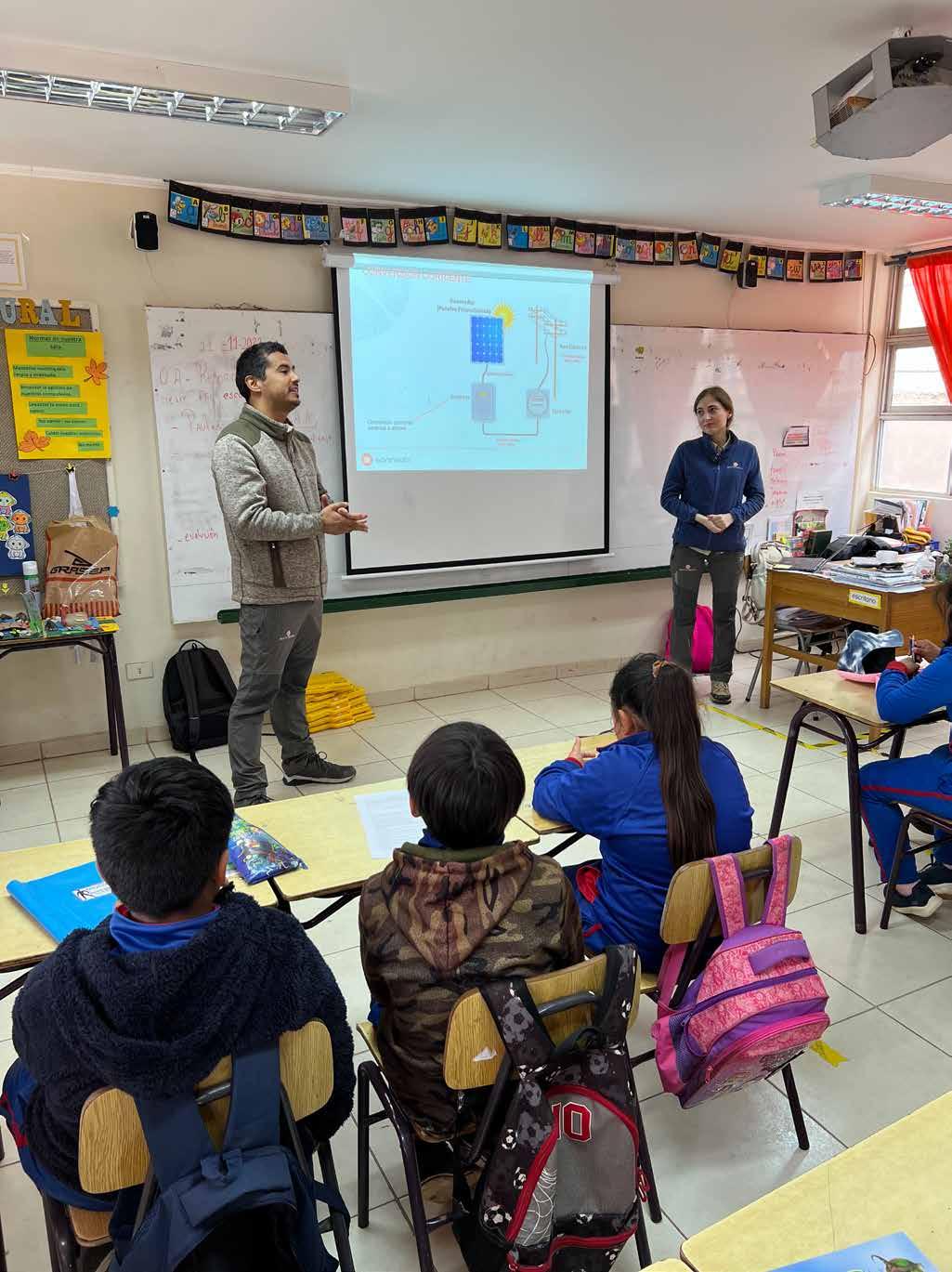
SUSTAINABILITY
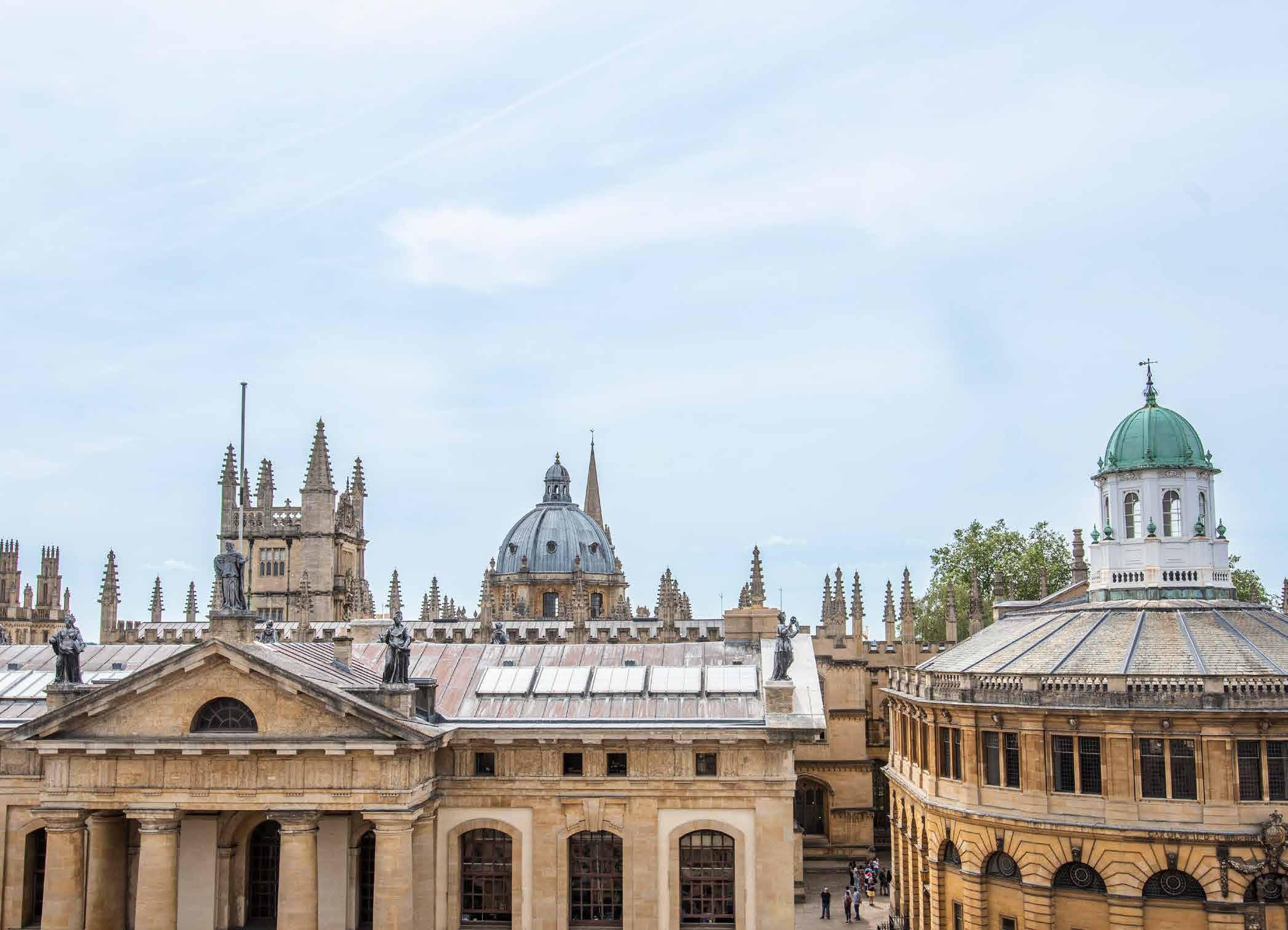
Sonnedix was presented with an opportunity to fund a PhD scholarship at the University of Oxford, a prestigious academic and research institution renowned internationally. The Department of Physics is an important centre for energy research both in the UK and globally, playing host to ground-breaking work addressing the need for decarbonisation. Professor Henry Snaith’s Photovoltaic and Optoelectronic Device Group, which focuses on understanding and advancing low-cost PV concepts using perovskite, promises both higher efficiency and lower costs. Central to their work is the sustainability of panels, with a focus on ensuring that materials and manufacturing methods for PV cells make them sustainable by design. Sonnedix is excited to invest directly in the R&D of the innovative and transformative solar technology.
Peter Akinshin, the scholarship recipient, began his research in October 2023 and says, “Thanks to the scholarship, I have been able to bring the expertise from my previous integrated master’s degree in materials science and engineering to study the processing of a novel class of material, perovskites, for emerging solar photovoltaic devices with potential to be greener and cheaper than what is on the market today.”
Professor Henry Snaith adds, “I am massively grateful to Sonnedix for providing this scholarship, which has enabled me to recruit an outstanding student who is doing some really interesting work.” Through Sonnedix’s support, Peter continues to optimise new routes of perovskite solar cell fabrication, pushing the boundaries of solar energy research. Additionally, Peter has contributed to outreach events, enhancing STEM education and inspiring the next generation of scientists.

PETER AKINSHIN
SONNEDIX SCHOLARSHIP RECIPIENT
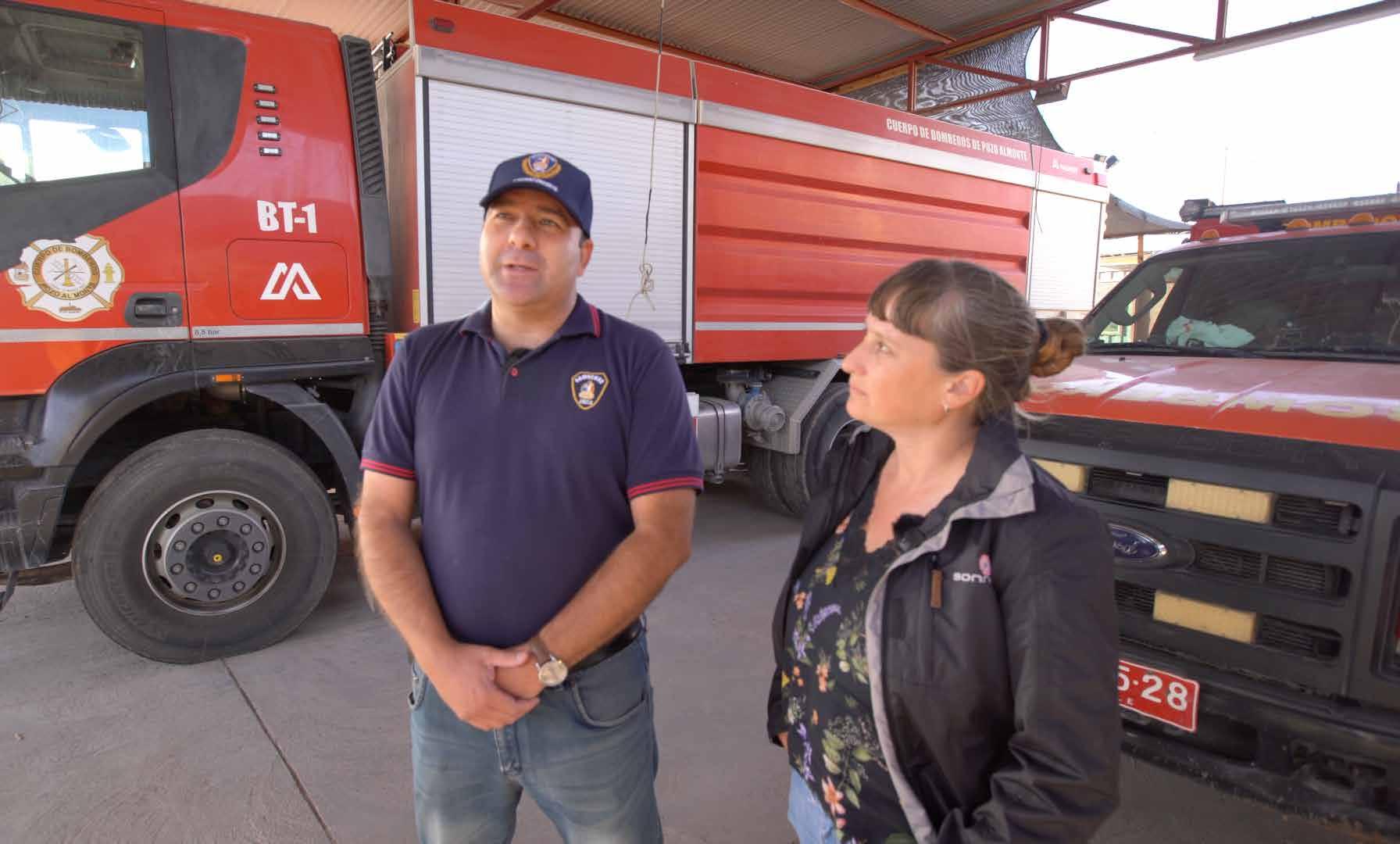
We recognise the potential of using solar technology to provide opportunities for development in the local communities. Whether it’s through powering schools, hospitals or other community buildings we strive to continue finding new opportunities to provide support where we can.
Stakeholder engagement is essential for the successful management of risks and impacts on our projects. Sonnedix’s Community and Stakeholder Engagement Standard provides guidance and sets the standard for our projects to avoid or minimise adverse impacts on our stakeholders, in particular on local communities. Community engagement events are tracked and monitored by the ESG team.
Taking our 2022 experience with the local brigade of Pozo Almonte, we reached out to the Fire Department of Pica and proposed a project of solar energisation for all of their fire stations in the commune of Pica, neighbouring our Sonnedix Atacama Solar site in Chile. Throughout 2023 we energised the five fire stations that Pica’s fire brigade has in the commune, installing solar panels, batteries, electrical systems and lights in their external and internal spaces, including energy totems for laptops and cell phones. This project will have a considerable impact since this territory has constant power shortages because of a very vulnerable power system.
In addition, since 2022, the Sonnedix Chile team have been working with local communities in the Calle Large and Lose Andes communes, who neighbour our Sonnedix Meseta de Los Andes solar plant, on various projects to bring solar lighting to community spaces. This has included the lighting of sports fields, rural roads, bus stops and community meeting houses, and even the lighting of a pedestrian bridge over the Aconcagua River to allow an isolated community to access public transport.
In addition, our grievance mechanism is in place to solicit, assess and address the concerns of our employees, people in the communities where we operate and other stakeholders. Grievances can be submitted to our website or directly to our projects through project-specific grievance mechanisms. The central Grievance Register is maintained and updated by the Sonnedix ESG team.
At Sonnedix, we are committed to creating diverse and accessible employment opportunities for local communities throughout the lifespan of our projects worldwide. We encourage local labour employment in all new contracts with contractors and subcontractors.
As part of our ongoing commitment to continuous improvement and highquality data collection, we are actively exploring metrics to better capture data related to local employment. This effort underscores our dedication to broader responsibility across our supply chain.


Strong corporate governance forms the foundation upon which the resilience and integrity of our business is built, paving the way to longterm sustainable growth, whilst minimising risk and assuring compliance.
Our Code of Ethics and Business Conduct provides information, support and resources to act ethically and comply with the laws and regulations that affect our business. It is important we act honestly, with integrity and are accountable. Our Governance Policy and Standards provide our guiding principles to help us achieve our purpose: to power a bright future. They outline the expectations for all our employees and our Global Partners working as part of the Sonnedix Group. Underpinning the Policy are [six] Standards covering Anti-bribery and corruption, Whistleblowing, Corporate risk management, Health and safety incident reporting and investigation, ESG management and Compliance, audit and assurance.
At Sonnedix we have a strict compliance programme with regard to the active avoidance of corrupt practices and compliance with local laws. The Audit and Risk Committee has oversight responsibility to ensure the compliance programme is implemented in the business., including ensuring compliance with our Anti-corruption and bribery policy. In 2023, the Compliance programme was reviewed, audited and benchmarked, and a roadmap with proposed enhancements created.
Our Whistleblowing Channel provides a method of properly addressing bona fide concerns that individuals within Sonnedix may have, while also offering whistleblowers protection from victimisation, harassment or disciplinary proceedings. Alongside the Internal Whistleblowing Channel, our grievance mechanism, described in the Social chapter of this report, allows third parties to share any concerns over potential compliance breaches.

No confirmed incidents or legal actions have been recorded through the channels the company has in place regarding:
• Anti-corruption and bribery.
• Anti-competitive behaviour.
All Sonnedix employees and third parties including but not limited to, suppliers and contractors are subject to the compliance expectations held by our business.
Sonnedix has developed a compliance review process summarised below:
Sonnedix compliance review process
GOVERNANCE POLICY AND STANDARDS
Code of Ethics and Business Conduct
Anti-bribery & Corruption Standard Whistleblowing Policy
GLOBAL PARTNERS STANDARDS OF CONDUCT
Third Party Questionnaire
Third Party Certification
Prior to entering into an agreement with any Global Partner, we assess the level of due diligence required and act accordingly.
As a first step, an initial risk assessment is carried out to establish the level of due diligence required. Once established, research is conducted by the Compliance team on the Global Partner’s background, reputation and qualifications. Having obtained assurance of compliance with our policies and standards, the Global Partner is approved upon completion of the due diligence.
Raising awareness of the compliance work carried out by the Compliance team throughout the business continued to be a priority in 2023, with internal communication and bespoke 1-to-1 training sessions.

111 new joiners completed the compliance onboarding training
Our commitments:
• Scale up cross-functional collaboration and accountability for priority sustainability topics.
• Sustainability-linked performance goals for senior executives & Board-level training around sustainability.
• Alignment of non-financial reporting with financial accounting.
• Maintain 5* status in GRESB.
• Continue to build and protect stakeholder trust through a robust corporate governance framework, enterprise-wide risk management and effective ethics and compliance programmes.
Our refreshed Sustainability Strategy puts a real focus on ESG governance, establishing more integrated accountability from the top down, including increased senior management accountability for the achievement of key sustainability KPIs. We are currently reviewing our options for how we will integrate this element of our strategy, taking learnings from industry peers already taking a similar approach.
In 2023, we continued with ESG knowledge sharing in the business, with training sessions to our Board around ESG governance and assurance and scope 3 emissions. We also ran multiple sessions with our Senior Leadership Team regarding our Sustainability Strategy refresh prior to presenting to our Board for approval. For more information on how our Board and Senior Leadership Team are involved in decisions specifically related to climate change, see the Governance section of our Task Force on Climate-related Financial Disclosures reporting from page 23.
In 2024, we will be working with key internal stakeholders to embed topic-specific RACI charts to support the delivery of our ESG KPIs, and understand and learn how we can leverage the deep knowledge and expertise within the business to enhance trust through our external reporting. Whilst we do not fall within scope to comply with the Corporate Sustainability Reporting Directive (CSRD) in 2024, we have used the existing European Sustainability Reporting Standards (ESRS) to begin enhancing some of our disclosures within this report, to aid transparency in a phased way.
Another key component for the refreshed strategy is to continue to protect and build stakeholder trust through robust corporate governance frameworks, enterprise risk management and effective ethics and compliance programmes. This will include rolling out the Compliance Strategy including refreshing our Code of Conduct, whistleblowing process and enhancing the training we are offering to our people around our compliance programme. For more information on our approach to risk, refer to page 64.
Our Corporate Governance Framework is described in depth in the Sonnedix Corporate Governance Guidelines, which provide the Sonnedix Board of Directors, its various committees, individual directors and management with the framework for governance within the Sonnedix Group.
The guidelines define the way Sonnedix and its entities are governed, marking the structure of the business as outlined below:
• Consists of the Chairman, CEO and five other directors.
• Members are legally responsible individuals and representatives of Sonnedix.
• All authority for decisions and actions rests with the Board of Directors, except where specifically delegated to Board committees and/or the Senior Leadership Team. Choices to further delegate authority to any functional managers or any other specified person are made by the CEO.
• Consists of the Chairman, Chief Executive Officer, Chief Financial Officer, Chief Growth Officer, Chief Operations Officer and Chief People Officer.
• Drives implementation of our corporate strategy, and performance and leads our people.
• Responsibility over the day-to-day operation, control and functional decisions in running the company.
• Consists of senior managers from multiple functions across the business.
• The Sonnedix One Team is ultimately responsible for executing the strategy of the company and ensuring all efforts are taken to achieve Sonnedix’s goals.
• Every team member should comply with Sonnedix’s policies and Code of Conduct.
Each committee operates under a written charter that sets forth the purpose and responsibilities of the committee. Each committee is chaired by a Director who, in accordance with the committee charter, determines the agenda, and the frequency and length of the meetings.
All committees report regularly to the full Board with respect to their activities.
Responsible for overseeing the Group Audit, managing internal audits and periodic internal investigations, identifying, evaluating and monitoring risks across the Group and formalising risk management programmes consistent with the Group’s risk tolerances. Comprises 7 members and meets up to 4 times/year.
Responsible for assisting and supporting the Board with the design and implementation of a consistent and robust HR policy and reviewing certain compensation matters. Comprises 6 members and meets 5 times/year.
Responsible for reviewing and assessing all proposed investments against the company’s strategy, risk appetite and growth objectives.
Comprises 9 members and meets 14 times/year.
Responsible for reviewing the operational and financial performance of the Group, driving enhanced performance through recommendations and oversight of the implementation process.
Comprises 12 members and meets 4 times/year.
Responsible for deploying allocated capital within pre-agreed risk parameters and responsible for the implementation of Sonnedix’s development initiatives. Comprises 9 members and meets 4 times/year.







Axel Thiemann
Director and Chief Executive Officer
Carlos Guinand
Director and Executive Chairman
Susan E. Gonzalez
Independent Non-Executive Director
Petros Kitsos
Independent Non-Executive Director
Marko Josipovic* Non-Executive Director
Karen J. Plessinger
Independent Non-Executive Director
Anders Dahl
Independent Non-Executive Director
Our Board consists of experienced business leaders who provide strategic leadership and effective oversight and bring diverse perspectives and perspectives experience in all aspects of renewable energy to drive the long term strategy of Sonnedix to create value for our company and its stakeholders.For our Board of Director’s industry experience, please see our website here for further details.
Board members work together to ensure that Sonnedix continues to contribute to the global energy transition while growing sustainably, profitably and responsibly. Our Board is uniquely positioned to effectively guide our strategy and oversee our rapidly growing operations.
Each committee operates under a written charter that sets forth the purpose and responsibilities of the committee. Each committee is chaired by a Director who, in accordance with the committee charter, determines the agenda, and the frequency and length of the meetings. Committees report on their activities to every formal meeting of the Board.
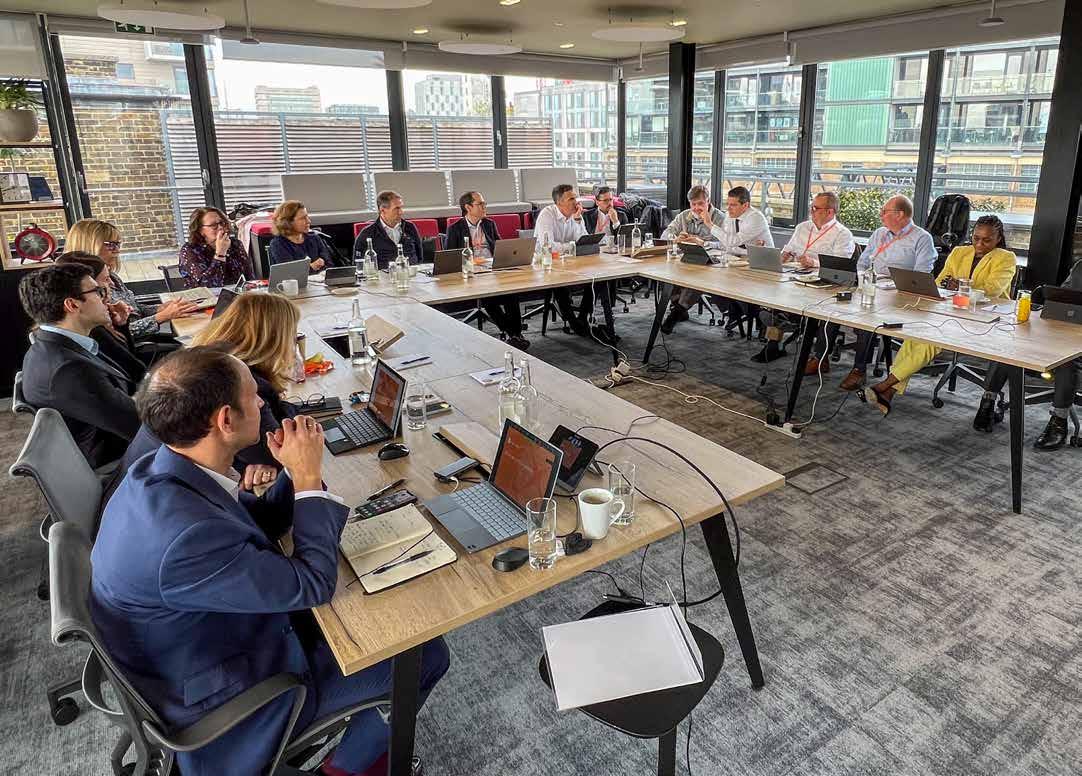
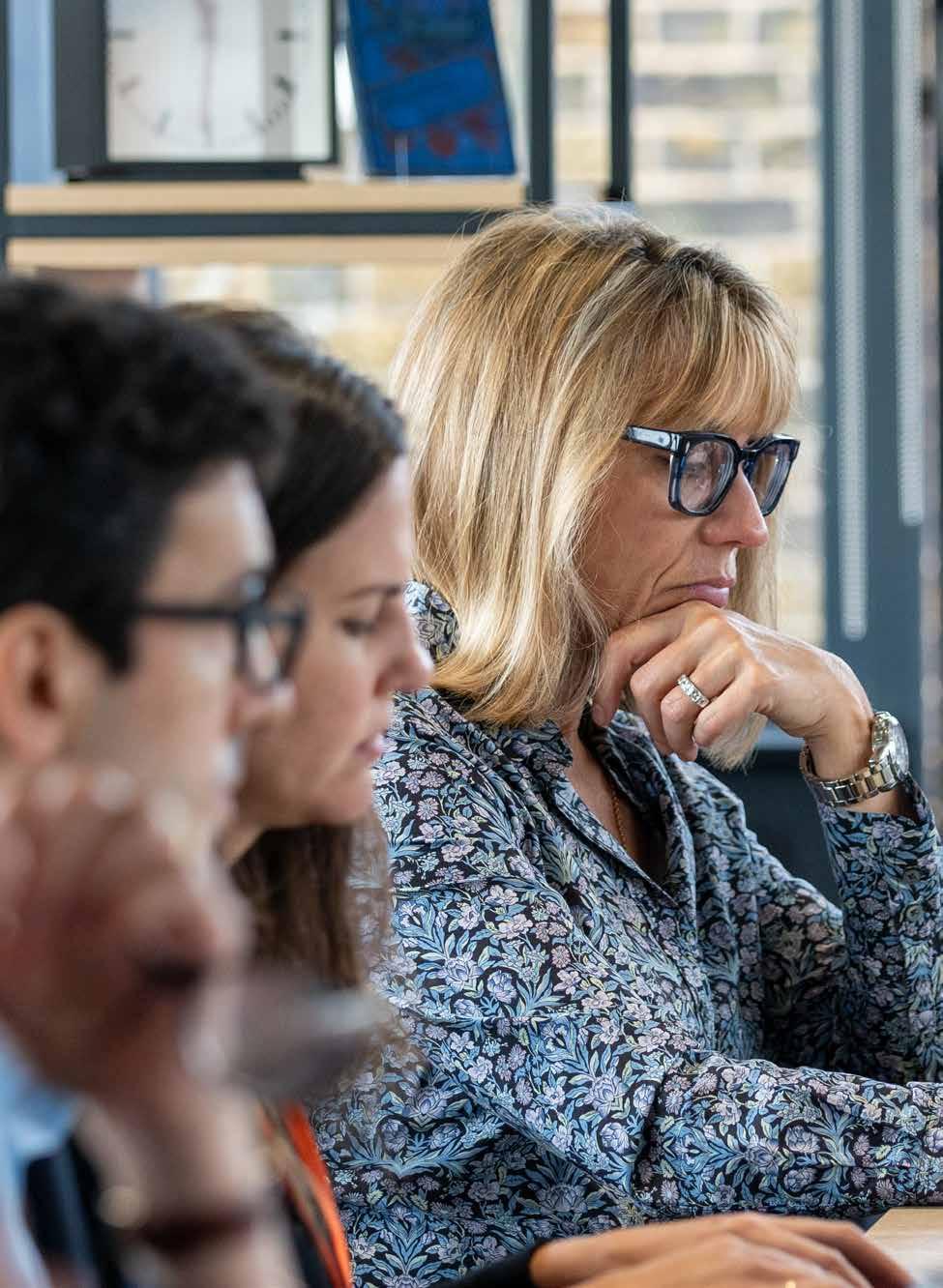
To assess its performance, our Board conducts effectiveness reviews biennially. In the 2023 Board effectiveness survey, members evaluated their performance across several areas, including risk management, strategy and overall performance. This evaluation focused on measuring progress in these key areas to ensure a balanced approach.
Our Board regularly undertakes training to stay current with critical governance topics. In 2023, we conducted training sessions on ESG Governance and Assurance as well as Scope 3 emissions. Additionally, the Board participated in Cybersecurity training. For 2024, we have scheduled further training on ESG Governance and Metric Assurance, with additional sessions to be confirmed as the year progresses.
The management of corporate risk is an essential component of sustainable growth in Sonnedix, ensuring that, as we grow, potential risks to the business and employees are assessed, managed and mitigated.
We put risk assessment at the core of our leadership agenda. The Audit and Risk Committee assumes the overall responsibility for risk oversight and management and, by and through the General Counsel, conducts annual corporate risk management surveys to review the effectiveness of our risk management and internal control systems.
In addition, monitoring and management of corporate risk remained prominently at the top of the agenda at the senior executive level throughout 2023. As such, a Risk Review Committee at the senior leadership and senior management level was established and quarterly risk review meetings introduced to further foster an enterprise-wide culture that supports appropriate risk review and management. The objective of the risk review meetings is to monitor the Group Corporate Risk programme and identify, evaluate and mitigate risks. Critical risks that are discussed include: tax and financial, market, health and safety, disputes, regulatory, supply, employee and cyber. Key risks are further presented to and discussed by the Audit and Risk Committee.
We recognise the connection between risk management and sustainability management. Our corporate risk management includes sustainability-related risks such as climate change, people and culture, regulatory and reputational, including community.
In 2023, we conducted a refresh of the corporate risk register through direct engagement with senior leaders in the organisation. As a result, the risk register has been updated for new risks and key performance indicators to be monitored going forward. Work is underway to implement an Enterprise Risk Management framework across the organisation in order to further enhance risk management during 2024.
Our Risk Management programme continues to be effective in managing and reducing the exposure of our business and people to the key risks. 2023 saw further focus and emphasis on climaterelated risks and awareness-raising amongst the Senior Leadership Team with the conclusion of an organisational climate study driving discussion and forward planning. For information on our approach to climate risk, refer to the Environment chapter, Climate change section.
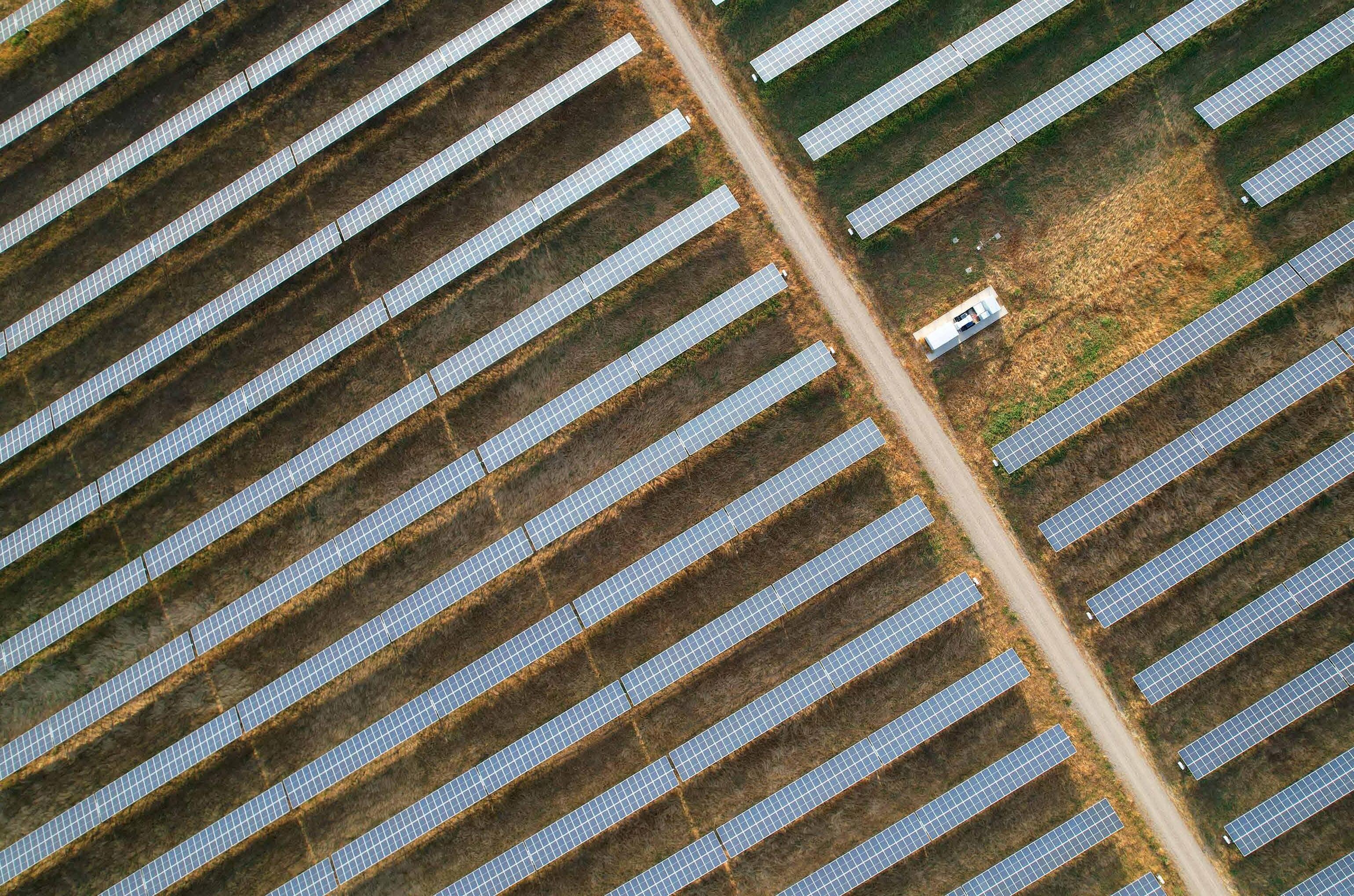

This report provides an overview of our progress in 2023 towards the implementation of our Sustainability Strategy and ESG Policies and Standards. We intend to provide clear, balanced and concise information and accurate, reliable and comparable data to satisfy the information needs of our stakeholders in a timely manner. Whilst we do not fall within scope to comply with the Corporate Sustainability Reporting Directive (CSRD) in 2024, we have used the existing European Sustainability Reporting Standards (ESRS) to begin enhancing some of our disclosures within this report, to aid transparency in a phased way.
As a result of the review of our internal controls environment and subsequent improvements to our nonfinancial data that took place in 2023, we identified deficiencies in our 2021 and 2022 GHG reporting. Previous years’ data is restated, where necessary, to account for improvements in the availability and quality of data. The restated base year’s figures, alongside our 2023 scope 1 and 2 performance, have been independently verified as part of the limited assurance work in early 2024.
We further underwent an assessment with a third party of our methodologies with regards to our scope 3 reporting. We have subsequently expanded our reporting to now include more categories and subcategories. This, alongside an increased availability of data, resulted in a seven-fold increase in 2021 baseline year and a two-fold increase in 2022 scope 3 emissions but offers us a more representative view of the reduction effort that is needed going forward.
In 2023 we also reviewed our approach to calculating ‘avoided emissions’ and adjusted our methodology. Instead of our renewable energy displacing the national average grid mix of generation sources, as assumed in our previous approach, it is much more likely that it will displace flexible fossil fuel sources, such as natural gas. As such, we used an emission factor for natural gas-derived electricity instead of the grid mix average emission factor for our 2023 calculations and have restated 2021 and 2022 ‘avoided emissions’ accordingly. This produces a value for avoided emissions which is primarily a factor of the volume of solar electricity generated by Sonnedix, rather than being heavily dependent on annual changes in IEA average grid mix factors.
This year, we will be providing a supplement to the annual Sustainability Report, which contains further information on definitions, boundaries and scope for some of the key performance indicators, with focus on those indicators included in green or sustainable financing.

Creating and maintaining a long-term and mutually beneficial relationship with our stakeholders is key to Sonnedix. As such, we have identified our key stakeholders and aim to keep bi-directional, truthful and meaningful communications with them, through the channels described in this page:
Corporate website
Sonnedix Intranet and internal newsletters
Performance reviews –Employee satisfaction survey
People department
Informative emails from corporate mailboxes/departments
Global state of the business update calls by the CEO
Sustainability Report – Sustainability Academy – ESG + activities
Global webinars and workshops organised by different departments
Internal Whistleblowing Channel
Press releases
Social media: LinkedIn, Twitter, YouTube
Corporate website
Sustainability Report
Grievance mechanism
Compliance and ESG screening
Regular meetings and comms
Industry events and conferences
Sector associations
Press releases
media: LinkedIn, Twitter, YouTube Corporate website
Sustainability Report Regular meetings and comms Sector associations
Corporate website
Internal Whistleblowing Channel
Board of Directors –committee meetings
Regular updates though the Investment Asset Manager
Press releases
Social media: LinkedIn, Twitter, YouTube
Corporate website
Sustainability Report
Sonnedix Sustainability Academy
Focus groups
Webinars, lectures and site visits
Participation in career events and conferences
Press releases
Social media: LinkedIn, Twitter, YouTube
Sustainability Report Community engagement activities
SED activities Grievance mechanism
Public consultation processes
Meetings with project – asset managers and local teams
ESG/Marketing and communication department
Press releases
Social media: LinkedIn, Twitter, YouTube
Unless otherwise stated, the information and all performance indicators contained in this report refer to the activities carried out during 2023 (calendar year) by the assets, offices and companies under the control of Sonnedix Group. These activities have a social, environmental, economic and governance impact both inside and outside the organisation’s perimeter.
To ensure comparability and facilitate a better understanding of the evolution of the company’s performance, 2021 is considered as our baseline year for the purposes of Sonnedix’s sustainability reporting. Where relevant, historic data has been included to enable year-to-year comparison. As we continue to grow and develop our sustainability reporting system, a series of further internal controls will be implemented to ensure the improved reliability of the data.
For GHG emissions accounting, the operational control approach as defined in the GHG Protocol Corporate Accounting and Reporting Standard is used for setting organisational boundary. For completeness, plants controlled by our trusted Japanese development partner, Sonnedix Japan K.K., are included.
The information published in this document is supplemented by our ESG Policies and Standards available on our website: www.sonnedix.com

To identify the most relevant sustainability topics for the Group and our stakeholders, Sonnedix conducted a materiality assessment in 2020. This process consisted of four stages and considered both internal and external factors, which were jointly analysed to obtain the final result. Details and outputs of this assessment, including a materiality matrix, can be found in our 2022 Sustainability Report.
In line with the latest developments in sustainability reporting standards, including those from the European Financial Reporting Advisory Group (EFRAG), we began a ‘double materiality’ assessment in 2023. In this assessment we consider both the impacts that we, as a business, have on the environment and society, as well as the impact of the sustainability topics on our business. The goal is to identify the most material sustainability topics, from both an impact and financial materiality perspective.. This dual perspective ensures that we address sustainability issues comprehensively, aligning our operations with stakeholder expectations while also mitigating risks and seizing opportunities that can affect our long-term viability and success.
To ensure a comprehensive assessment, we undertook the following activities:
• Developed an ESG Topic List: Reviewed internal and external documents and conducted benchmarking against industry standards to compile a comprehensive list of Environmental, Social and Governance topics relevant to our business and stakeholders.
• Performed stakeholder mapping and consultations: Identified and mapped key stakeholders. Extensive consultations were then conducted to gather their insights and validate the ESG topics for inclusion in the double materiality assessment.
• Assessed impact and financial materiality: Determining impact and financial materiality through workshops with the relevant stakeholders.
We are in process of validating the outcome of the assessment after which the results will be presented to the Audit and Risk Committee. The outcome of this assessment is therefore ongoing, and the refreshed materiality matrix will be included in our 2024 Sustainability Report.
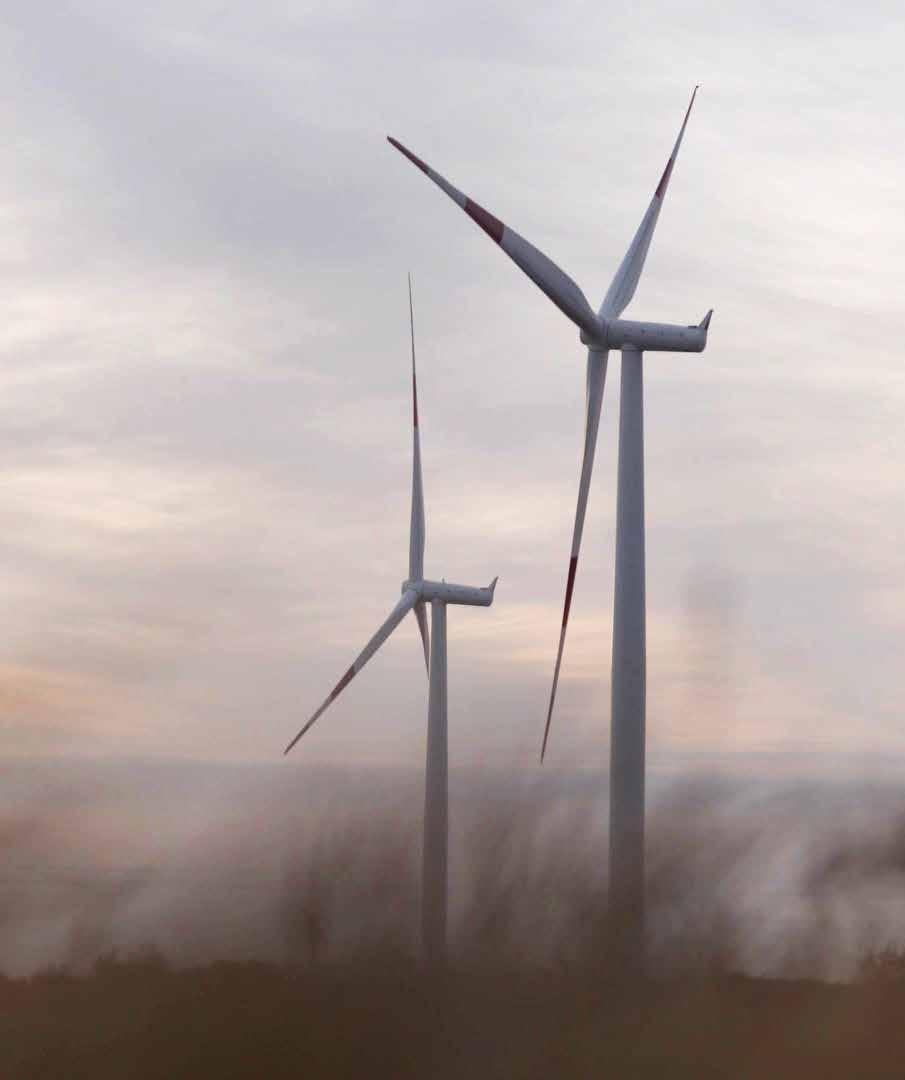
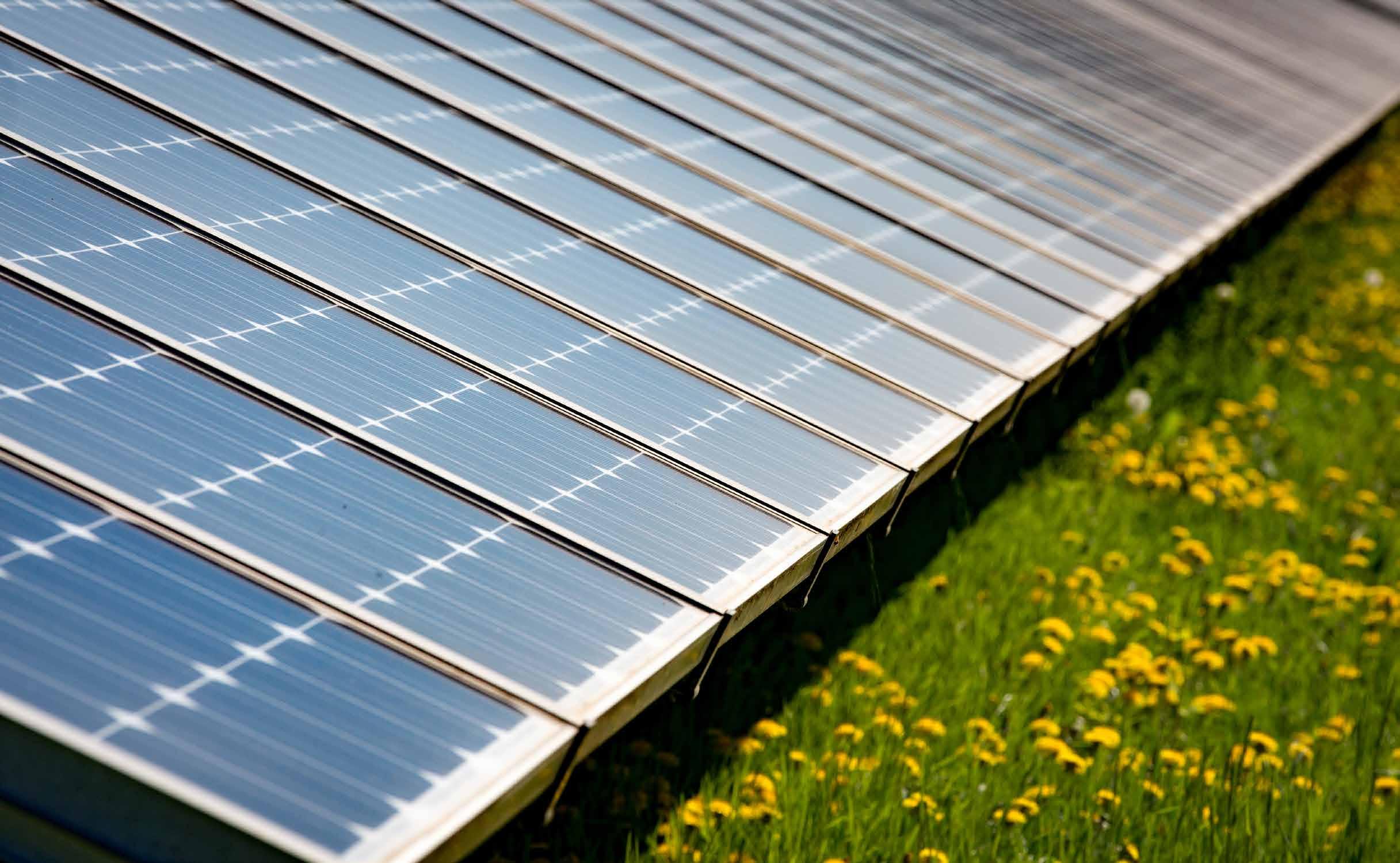

At Sonnedix, we offer a wide range of benefits and learning and development opportunities to ensure our One Team grows and develops, both personally and professionally, as the business does. As the company expands, we provide opportunities for career advancement, fostering an inclusive, international working culture with a diverse team of friendly professionals from around the world. Our benefits include:
• Hybrid working practices: A commitment to flexibility, allowing hybrid working and the ability to work from elsewhere for up to six weeks a year.
• Generous leave policies: Generous annual leave allocation with an additional four weeks of discretionary unpaid leave, paid parental leave and support for carers.
• Wellbeing support: Comprehensive support for financial, social, mental and physical wellbeing, including seminars, resources and access to confidential counselling.
• Shorter summer hours: Enjoy shorter Friday hours during the summer months (July/August).
• Training and development: The Sonnedix Academy offers a range of training and development opportunities, including professional development, management and leadership programmes, technical training, essential skills, DEI and mentorship programmes.
• DEI: DEI Manifesto, employee-led One Team Network groups based on shared identities, interests, backgrounds and life experiences, extended paid maternity, paternity and parental leave.
• Office equipment allowance: An allowance for office equipment to ensure a productive home-working environment.
• Fantastic office environments: State-of-the-art office spaces designed for productivity and collaboration.
• Social and team-building events: Off-site events, team socials and global celebrations that cross functions and geographies, as well as employee-led One Team Network groups based on shared identities, interests, backgrounds and life experiences.
• Community engagement: A comprehensive ESG agenda, volunteering days and charity events.
• Additional benefits: Depending on location, benefits may include private healthcare, complementary pensions, income protection/life insurance and extended paid parental leave.
At Sonnedix, we are committed to creating a supportive and enriching environment where every team member can thrive.
The table below summarises our health and safety-related key performance
during the